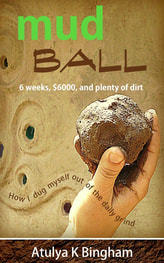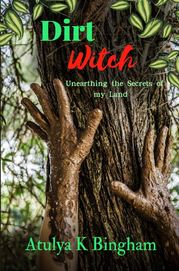|
My life changed overnight. A long overdue cold and rainy night. Suddenly autumn became winter, and not a moment too soon. I pulled my duvet and pillows from the small hut that has constituted my home for the past three years, and trudged through the mud into my barn. I’d hurriedly strung up some Christmas tree lights the day before, and bought a nifty little rechargeable lamp to boot. Despite the half-finished walls and the power tools loitering in the corners, it all felt rather luxurious. As I slumped in my comfy chair – the best fifty bucks I’ve spent this year – listening to the stove crackling and the rain drumming on the skylights, my mind began to hum. Heck! This wasn’t how I’d thought it would be. At all. No power once again. No water on tap. No bathroom or kitchen in the barn. These were the things I’d been sure I needed to make the move worth it. They seem fairly fundamental after all. Yet as I reclined, one eye on the flames licking the logs in the woodburner, the other on the wet clouds rising and falling over the mountains beyond the great barn windows, I felt happier than I had in many months. I had a new vista and it was utterly bewitching. From somewhere fathoms under my soul woke up and stretched quickly into my body. My muscles twitched as motivation returned from afar. And my eyes? Like Bedouins at a desert waterhole, they drank and drank and drank. It always comes back to the same thing really. What we think we need and what we actually need are two divergent roads. What we actually need is simultaneously simple yet curiously individual. What I actually need is not what you actually need, and vice-versa. This is why the idea of standardised homes is awful. But that’s already been said, so I won’t bore you with my Ideal Home gripes, because there lies a deeper trouble. When you’re off-grid, the topic of needs is so close you can feel it nipping at the backs of your Wellington boots almost daily. You don’t just sit and contemplate it. You live it. It’s a concern you wade in every minute. What do I need today? Tomorrow? Next week? And in which order? You learn that the order of these needs changes with the seasons, the weather, your age, and your mood. Some needs outlive their sell-by dates and find themselves shunted off the shelf by other needs. Others are a constant. But here’s the real clincher. What off-gridders and out-in-the sticks home builders soon come to realise is that half the time we don’t know what we need until we're miserable. Even when we’ve been at this gig for years, we can be caught on the back foot. We’ve been poorly educated by consumerism and commercials after all, much of which survives on the back of fabricating false needs and offering false solutions. Then there are those Great Thinkers, who so often seem more desperate to construct some gilded philosophical system, than to get out there in the dirt and experience the reality of it all. This is the juncture of course that the dreaded Maslow, would usually enter the Mud stage. But I'm often having a pop at him, so I’ll put him to one side for today and have a swing at the rest of the Great Thinkers instead. Why keep it small and nuanced eh? It’s not like they do, with their wide sweeping, traumatising revolutions and Big Ideas. The social and economic sciences are mostly concerned with human needs, and how they can be met in the most efficient way. Not to mention the audacious notion that an intellectual behind a keyboard knows better than you or I, farmer-builders on the ground, what our needs are and how they should be met. Don’t be fooled. These people never know better, as history very clearly shows with one disaster after another. Why do the Great Thinkers inevitably cause so much pain? To use their kind of parlance, the trouble is and always was three-pronged: First, most of them have been ploughing mindlessly forward on the steamer of materialism, oblivious to the icebergs of the non-material smacking against their hulls. Second (and often linked to the first), they got our needs all wrong (or massively oversimplified them). And third, most importantly in my opinion, the rest of us were naive enough to listen to them. It’s been a trident of calamity that’s poked the hide of humanity for most of the modern age, and for all I know, other ages too. Everything from the Cultural Revolution to the Nazis, from Pol Pot to Jordan Peterson, from the American Dream to George Monbiot’s Regenesis, all of them mushroom from this astonishingly arrogant spore of presuming to know what humanity’s needs are, concocting some hare-brained (and they are all hare-brained in the end) solution, and “persuading” enough people to buy into it. It pains me that we tend to give our power and autonomy and life juice away to this never-ending chain of non-solutions. Because needs are not something you can boil down and distil into an essay, or scratch on a blackboard, or structure neatly into a stripy pyramid and play academic Jenga with. But hey, what do I know? I don’t sit in a comfy office all day with someone cooking my dinner, washing my clothes, and basically taking the brunt of my physical needs off my plate for me. Ahem. Yes, what do I know hey? I’m just a lone hag on a hill who will spend a couple of hours writing this, before going off to chainsaw the firewood. Then I’ll build a window, and fill in the last remaining gap in the wall (because it’s chilly now, folks). If it’s still light after that, I’ll dig up a couple of parsnips and inhale the rich aroma of the earth. Then I’ll cook a curry, light the fire, sit in my barn, and stare at the stars. Parnsip curry? Aha! When you pluck from your own land you don’t follow the established rules of cuisine any more than you do those of Ideal Home. You use whatever the hell you have. And do you know what? Parnsip curry rocks. After dinner, I’ll make a herbal tea and ponder on this and that. Perhaps I’ll read a book, or write a little, or meditate. Each step in that process will be crucial to me for reasons that often can't be tallied in a statistics table. Depending on the moment, the stars are as important as dinner. The space to create as important as the heat from the fire. The silence to think as needed as my barn walls. There were times this week when I felt that my earth plaster sculptures were nourishing me more than the parsnip curry. Because on planet Earth all is as valuable and needed as everything else. It’s a truth our hierarchical mindset has trouble coping with. Yes. That first night in the barn, I lay in my new bed and gazed at my earth plaster bas-relief bathed in candlelight. The way the light fell onto its contours suddenly made everything worth it. The stars blinked through the skylight. In the unplanned and auspicious way typical to life on Earth, Orion’s belt happened to be dead centre of the window. The three studs gleamed and winked at me from light years away, and how connected it made me feel. Sleeping beneath the stars is something we were designed to do. It’s a need most of us don’t know we have, until we experience it and sense the impact it has on our psyches. I had stalled moving into the barn because the fundamentals just weren’t there. But the fundamentals are so much more than we realise most of the time. Sometimes the eyes of our souls are far hungrier than our bellies, and without that spiritual food we slowly grind to a halt. Beauty, wild nature, peace and quiet, solitude, space, a barn, and a wood burner with a kettle on it. Today, at this particular time-space coordinate these are my primary needs, followed in an hour or two by good clean food and water, a sweater, and a pen and paper. My laptop will be needed tomorrow morning when I want to write. All the rest is secondary or tertiary right now. Comfort, fancy clothes, money, status, and human contact all seem terribly underwhelming from the here and now. But tomorrow who knows? Dawn arrived and as the first strands of light stroked my eyelids, I opened them to see luminous pink bands of stratus running the length of the sierra. The scaly green peaks stretched the length of the barn window like an ancient reptile. It was as though the future had looped round to the past and formed a backdrop that was both sci-fi and Jurassic. The power of the vista sent all thought running for cover, and the torrent of my soul rushed in. I realised how well I’d slept. For the first time in months and months, I jumped out of bed. Suddenly the barn was no longer a terrible burden, but an inspiration. Maslow didn’t put earthen plaster or starlight anywhere on his pyramid of needs. Adam Smith didn’t take them into account either as far as I’m aware. Nor Freud. Do you think the Great Thinkers of today have it any more buttoned up? Personally, I’d steer well clear of anyone with a Big Idea and a solution for the whole world that fits in a book, especially if their hands are suspiciously clean. We are such incredibly complex beings living in a world of intricate marvels. Our souls stretch like the wings of a Monarch and our emotions twist and spiral in arresting murmurations across the skies of our awareness. The mysteries within and without us will never be pinned down, and to say we just need work, food and a roof over our heads is an insult to our existence. Yesterday I thought I needed running water and a bathroom more than a view. Today I see I was wrong. So I couldn’t say what anyone needs most at any given point in space and time, let alone the whole planet. I have got a good idea about what we don’t need though. What we don’t need is more Great Thinkers coming up with all-encompassing solutions. There are no all-encompassing solutions and the Big Ideas are the problem. I sense we're in a time that won't tolerate these lunacies any longer, because a threshold is quietly being crossed by humans who no longer trust authority. But hey, don’t listen to me! For God’s sake don’t listen to anyone except the whispers of your own soul, the wing beats of your emotions, the cries of your body and the tremors of your heart. Whenever I'm unsure I listen to the trees and the rocks and the birds. I touch the soil beneath my feet. Because both the need and its fulfilment are unique to each person, each moment, and the very ground we stand on. Each one of us is as important as a philosopher, with a million creative answers within us. Only we know what we really need and what the next best step forward is. And we should beware of anyone or anything who tells us otherwise. Enjoy my stories?
If you enjoy my writing and would like to support it (and me), do consider making a pledge on Patreon. All patrons have access to a video land report showing the latest progress, and can ask questions.
18 Comments
As the sun sets in the west, the mountainsides turn into carmine rivers. But while the sierra is something from Georgia O’Keefe, the skies are Vladimir Kush, cloud stretching in surreal bands over a background of cyan. These autumn evenings always make me gasp. Standing in front of my kitchen hut, I drink what I can of the Earth art. But in minutes it fades into dusk, and I’m left wondering if it even happened. So I turn back to the kitchen, to this little stone hut that I renovated back in 2019. It was full of mouse droppings and spiders back then. A dark uninhabitable little dust pit with soot on the walls. I took off the roof, repointed the stone work, and made it my own little piece of Earth art. Thank you, former self. Thank you. Did you hear me calling to you from over here in the future? Because the schedules have been laid to waste. I’m still not living in my barn. And right now I’m looking at these two little temporary hut dwellings with a deep sense of gratitude. The Barn Bedroom “Why don’t you just move into the barn?” “I would have slept in there ages ago!” If I had a vote for every time someone said something along these lines, I’d be running for Prime Minister (and hey, who hasn’t this year?) Yet these are good questions. The barn is structurally sound. The insulation is in, and the stove ready to burn. So why am I still in the chicken coop? I have considered shifting over for months now, and wondered if it was obstinacy (not wholly out of the question), or perfectionism, or just laziness that held me back. But the fact is this: My new shelter has to be an upgrade. It has to nourish and support both my body and soul more than the dwelling I’m already in. If it doesn’t, it’s going to be a downward slide at a time when I’m already teetering. Teetering. Tottering. Seeing and sawing. Because as any owner builder will tell you, the finishing of houses is a special kind of hell where completion inches away from you no matter how fast or hard you work. There are always “little” jobs you hadn’t considered that sneak out of the walls to impede you. One coat is never enough of anything. Many times two or three coats aren’t enough either. You fiddle here, and polish there. It’s testimony to the perseverance of all builders that houses get finished at all. Which begs the question as to why we all bother ? The Mistake As I place my kettle over the flame of my small hob, I consider that question. Why bother with this endeavour? My eye catches the earth plaster tree in the corner, the carefully applied lime render, the windows...and I see it. Both my why, and my mistake. I’m not entirely sure whether it was a disease I caught from other more business-like people around me, or some sort of dormant virus that was inadvertently switched on. Whatever the cause, somewhere and somewhen in this barn adventure, deadlines began appearing in my mind. Frightening ultimatums they were, with a finality to them that suggested do or die. All of a sudden I was back in The System. Instead of joyful creation, there was now a boss inside my head, and he was an arsehole in a tight polyester shirt with sweaty armpits who thought rest was for losers and the only way to get anywhere was to work work work. It was all about being organised now, with speed and quantity the measure of progress. So I slogged without lunch breaks, made a nasty little calendar, abandoned my land, and pushed on and on, assuming as all day-job-slaves do that the reward (aka barn completion) would soon arrive. Of course, just as with so many a dodgy pension scheme, it never did. It was autumn that rang the changes. Blessed autumn with its Tate Modern landscapes shook me out of my stupor. Realising I was in the grip of some artificially induced brain disease, I promptly gave the boss the middle finger, turned around and legged it out of my self-imposed office. Yee ha! No more deadlines or inhuman time limits. It was time for seashells and beads and mud plaster curves. It was time to create beauty again, to scythe the bracken, watch sunsets, and talk to the trees. The impact was almost immediate. The landscape sucked my change of heart into its microbial pores and gratitude wafted back out. Walnuts, flowers, parasol mushrooms, wild turnips, and of course those landscape masterpieces. Shadows on the wall I’ve always said I’ve learned more from off-grid building than I ever did from twenty years of spiritual work and self-help. I’m still learning. Sometimes exactly the same lesson! Oh the hilarity. My barn will presumably be a home at some point. But at the moment it’s still a building site. Not the demolition site it was a year ago admittedly, but nonetheless. And as so often seems to be the case these past years, I see in my transforming stone world the shadows of the larger sociopolitical one. The System isn’t quite the cocksure one it used to be at the turn of the millennium, is it? That great lithic edifice of productivity and growth is listing badly these days, with a large part of the workforce showing no motivation to restore it. Why would they? For what? So they’ve turned their back on it and are building their own place now. Nevertheless the dilapidated old structure clings on, more by habit than anything. Every time they drag that fateful lectern out onto the step of Number 10, whoever is Prime Minister today parrots another version of the same old story. “The anti-growth coalition, they prefer protesting to doing,” said the latest waste of tax-payers’ money who couldn’t outlive a lettuce. She’s talking about me I suppose. And perhaps you too. Yeees. It’s a platitude often bandied about by the caretakers of that old world, namely that those of us who don’t uphold the status quo are a bunch of moaners creating nothing of any value. That disagreeing with The System is just ruining a nice middle-class day out while offering no alternative. My entire life stands as an alternative. It’s the sole reason I share it publicly. But it’s an alternative a certain group don’t like because they can’t cream the wealth off of it. Mr and Mrs Establishment are blind to anything but bank balances and share prices, so they’re unaware of what the rest of us are doing. And that is their downfall. Because outside that ugly juggernaut of mindless productivity, many people are very very busy. It might not be dreary functional work at the arse end of a corporation. It might not be contributing to a billionaires’ wealth, or the ex-PM’s £100,000-a-year expense account, or slapping concrete everywhere and decimating forests. But in an alternate sphere there is plenty of growth and productivity. It’s just not cancerous. Who really makes reality? So careful there cronies, careful. Having built worlds on a small scale for a while now, I know from hard-won experience who materialises the future. New realities are birthed by the ones who don’t give up. And the reason they don’t give up isn’t desperation or some prehistoric macho idea of being a “fighter”. It definitely isn’t because they slogged twenty hours a day without a lunch break. People don’t give up because they are in love with what they’re doing, building, or protecting. They keep going because they’re creating beauty. Beauty and love, those are the things that sustain us new-world builders, and while fear of losing or ambition may get you so far, it will never outrun the energy behind passion and enchantment. Temporary permanence Stepping out of my barn and away from construction, I decide to wander in the land for a while. A mass of purple dots is scattered in the grass like confetti. They are croci signalling the end of summer. Kneeling in the grass, I stare into the bloom of one. The detail and care that nature embeds into her creations is mind-blowing. She embodies the wisdom that we’ve forgotten. Beauty. What is a world without it? What is the point? Beauty is perhaps the holiest of qualities. The most precious and sacred. Creating it is a slow, attentive, highly uneconomical and illogical process, but it bestows its own reward, and that reward is in the present moment rather than always just around the corner. Because there is a vast difference between true creativity (which is regenerative) and mindless productivity (which is destructive), between fulfilling work and slavery, between art and mass production. That difference is what planet Earth is all about. So this is the answer to “why?” Why I haven’t moved into my barn. And why, given the challenges, I’m bothering with this project at all. Love and beauty. It’s the reason behind my curving wattle and daub wall. And my limpet shell studded lime plaster. And the sanded and oiled ancient oak window sill. Happily it was my reason three years ago too when I created my “temporary” kitchen and bedroom huts. “Temporary” just like “permanent” tends to be a fluid concept in building. So you see in order to regain my why, I had to renounce my when. Enjoy my stories? If you enjoy my writing and would like to support it (and me), do consider making a pledge on Patreon. All patrons have access to a video land report showing the latest progress, and can ask questions. Life becomes a magical adventure when we inhabit the wider, more natural aspect of ourselves. Join me as I share with you my own experiences and means of hearing the land around me, and how I follow her nudges.
It’s been a long pasty summer of doughy skies, where the frontier between cloud and horizon has been hard to discern. For the first time since I moved to these parts, I’m looking forward to autumn. To clarity. To fires and quiet and early nights. And to some sort of conclusion to this messy year, a year snarled by a million straggly ends and zero tidy knots. Fox knew all this of course. Beautiful treacherous Mr Fox. He’d been watching me from the darkened arches of the hazel copse after all. Some say Fox is the Trickster. Others say he’s a spirit guide. But sometimes Fox comes to tie up those fraying ends. To conclude that which we humans are unwilling to. Because Nature is less sentimental than us, always ready to slough off what doesn’t work. No matter how hard we cling, Old Gaia will pry our fingers from the old. “Hey, have a couple of courgettes!” Brian called from the gate. I ran down to collect my latest winnings in the neighbourhood potluck. Reaching the entrance, I handed him a small pot of jam made from some peaches he’d given me days earlier. “I’ll come and cut the rest of those brambles this week,” he said, looking typically sun-thrashed after a summer of hay baling. “Just waiting for a nice day.” I grinned. “Ah thanks! It’s so good to see the land again! I thought I’d lost it.” Brian turned around, and Julia waved from the jeep before turning the ignition. Good neighbours are gold dust when you abide in nature. Gold dust. I'm swimming in it up here. I set off back up the hill feeling fortunate. Sadly, it was short lived. For when I reached the brow of my dear land, there in the long grass, half hidden by the dry-stone wall, my chickens were bobbing up and down like a handful of feathered ping pong balls. It took me a minute to register what was happening. Priscilla the Snow Queen hurtled in my direction, followed by her now adolescent brood. Everyone was squawking for dear life. I counted the birds. Priscilla, Cengiz Khan, Amber, and Lawrence. One was missing. A lurching sense of doom flooded my stomach. Penny Black, the little one who had looked like a penguin when she hatched...my favourite...she was gone. I shepherded the troop up to the chicken run. It's a rare sight these days. Swathed in rows of electric fence, the chicken estate boasts more security than the Crown Jewels, because hey, this wasn’t Fox's first visit. Yes Fox, I’d known you were casing the joint since that surreal morning back in July when I’d awoken to a strange noise coming from my bedroom door. Remember that Fox? Remember my trousers? Where are they now eh? Because I saw you, albeit bleary-eyed, as I peered from my bedroom window. There you were, fur gleaming copper in the early morning sunlight, wrestling with a pair of my jeans before dragging them into woods! Shape-shifter Afternoon was tipping into evening, and the slope was turning the colour ofboiled spinach. Clutching at straws – or perhaps their fraying loose ends – I walked down past the barn and the stone wall, to have one last look for Penny Black, or at least some evidence of what had happened. I suppose I got it, because there was Fox wading through the grass, scapolite eyes staring at a part of me I myself couldn’t see. It was a look so piercing, it made me shudder from my crown to the soles of my feet. Suddenly, with our eyes locked like that, we touched on another plane. And I sensed that Fox wasn’t just a small red chicken-killing hound. He was something else. A spirit of the land. One of nature’s shape-shifters. I could feel it all around us, the cool brush of the phantasmagoric. The sky was turning vaporous now and wafting towards the earth, and at that moment Fox and I were all the world. “You took my chick, you bastard!” I yelled, the anguish fighting inside me. I stalked towards the mutt, intent on catching him. Fox didn’t budge. His rusty fur glistened in the evening air, fat tail coursing behind him like a dowsing stick. The markings on his face were sheer perfection as he held my gaze. Such beauty! It was hypnotising. Still I kept striding, until I was three metres away. Finally Fox ducked his head. Faster than I can remember, he slipped over the stone wall, and vanished into the shadows of the woodland behind. Night fell fast, and a full moon began to rise hauntingly from behind Dragonback Mountain. My ash tree stood still, soaking up the remaining twilight. The landscape was something from a fable. I was no longer in the human realm but the Otherworld, where trees talk, moonlight casts spells, and spirit foxes do Gaia’s bidding. Dropping to the ground, I winced. Blackberry thorns were stabbing my butt, and I’d lost the little chick. Poor Penny Black. Why her? Why take a little life so innocent and young? These are the questions all of us who live in the bosom of the land must ask. And it is here we are forced to make a choice. Are we going to live by Nature’s rules, or by artificial ones? Are we choosing the riskier living world of quest and adventure, or the ordered death-world of algorithm and program? Trudging up the hill, I pondered deeply. Suddenly I wasn’t sure. The gridlines of my faith were shifting beneath my feet. Yet deep down I knew what I’d always known, that despite it all, Fox wasn’t my enemy. The land was speaking to me, and firmly. The next day I called Julia. “Can I give you my chickens? They’re all going to be picked off if they stay here. Fox is back, and not giving up.” “Yes yes, bring them this evening,” she said, generous as ever. “We’ll take them. Our grey one is all alone anyway...” Her voice trailed off, and I bit my lip. The predators are everywhere after all. It was mid-afternoon when I let my chickens out for one last run on the land, albeit under my watchful gaze. Off they trotted, jumping and scratching as if nothing had ever happened. I looked at Priscilla in her resplendent white plumage and felt a pang. The air turned a little chilly as the shadow of the great ash trees lengthened, their dark bony fingers reaching over the land. I turned my back. Just for a minute. And at that very second Priscilla let rip. I spun round. Fox had leapt into the fold. He saw me, but carried straight on! Aghast, I charged full pelt, not at Priscilla but at Fox. He paused, shoulder blades raised, head lowered. He was measuring. Could he get his paws on Priscilla and bring her down, before I reached him? He decided he couldn’t, and fell back. Now I was in the tricky position of having to move four panicking birds back into the run-fortress without Fox picking one off. This was of course what Fox was banking on. Chaos and panic were all to his advantage. I stood between the predator and the prey, waving my flock upward. Fox darted behind the wall. I stared in trepidation as he sniffed the air, gauging the chickens’ exact whereabouts by scent. It was a race now. I galloped uphill. My four chickens jumped onto the roof of their mud coop, which was unhelpful. One by one I picked them up and threw them into the run. I’d just closed the door when Priscilla squawked in terror once more. And to my disbelief, there was Fox like an apparition, scratching furiously at the base of the run. Now I hurled myself at the power pack and flicked on the electric fence. Then, stick in hand, I belted round to Fox. He legged it under the fence, but was zapped, upon which he turned and stared at me once more. My hair roots twisted in my scalp. Something from the Otherworld was here. This was the look of the Reaper, of Death himself. “Leave them here and I will take them all,” he was saying. “There is nothing you can do. I am magic. I am the force of Nature.” It was like a dream. The way he was appearing and disappearing. The speed. The stealth. Fox possessed superpowers I couldn’t match. I was a bumbling mortal, and he was a daemon. *** I waited until nightfall, until my hens were in some sort of half sleep, eyes vacant as the spark in them made its nocturnal journey to the Otherworld. One by one I squeezed them all into a cat carrier. Then I drove them a mile up the mountain to Middle Earth, to my neighbours and their new home. The Supernatural How silent the land is now. How strangely spacious the days, free from the clutter of feeding and coop cleaning. An end has been tied very conclusively. By Fox. Who has of course vanished into the thinnest of air now his work is done. But while I sense the eerie gap that has opened around me, I also feel the caress of Gaia. Running my fingers down the ash tree’s bark, I watch the sky turn unicorn silver. The vista has turned the deepest emerald, with peaks appearing and vanishing into cloud worlds like fairytale cities. I inhale the sweet air, and the earth speaks to me; not in words, nor through image, but in that other ancient language we Gaians speak, even if we’ve long forgotten how. Nature is immortal and always finds a way. It’s not just because Nature is ingenious (which she is), nor simply that she’s tenacious (no one persists longer and harder). But there’s something more fundamental to Nature that the rationalists never grasp for the simple fact they don’t believe in it. The natural world is in fact supernatural. And when you live alone on a mountainside, watching deer leap through your trees and badgers waddle under starlit skies, witnessing the fantastic and the fearsome, hearing owls call and wolves howl, when you sniff the air, see wild horses on precipices, and look deep into the eyes of both predators and prey, you know. There’s something far more extraordinary going on, something that artificial intelligence has no chance of assimilating, nor old-school ‘Science’ any hope of understanding. Immortality, shape-shifting, invisibility cloaks, extra sensory perception, interspecies communication, enhanced strength, wall-walking, sixth, seventh, and eight senses, magical cures, and telepathy. All these magical powers exist in the natural world, along with many more. We’re not spectators living outside that world and looking in, despite what biology class told us. No, Nature is within us and without us. It’s our family, our home, and our very bodies. Those supernatural powers are ours too somewhere, if we can just remember where we left them. Enjoy my stories? If you enjoy my writing and would like to support it (and me), do consider making a pledge on Patreon. All patrons have access to a video land report showing the latest progress, and can ask questions. Life becomes a magical adventure when we inhabit the wider, more natural aspect of ourselves. We have the power to change the course of our lives, our landscapes, and to thrive well beyond the limitations of our (failing) modern systems. It’s about sorting out what’s truly natural within us, from what’s not.
Join me as I share with you my own experiences and means of hearing the land around me, and how I follow her nudges. https://the-mud-home-courses.teachable.com/p/earth-whispering-exploration Summer is always the worst. The days too long, the grass too fast growing, and winter never ceases to jab at the edges saying, “get ready for me, I’m not that far away.” This summer the sky opened wide and blue like a shark’s mouth. The brown teeth of the sierra ringed my world, chomping at the hot flabby days. Green slopes yellowed in desiccation, and I’m sorry to say I desiccated with them. After three years of this barn lark, of squeezing my life into a couple of hen coops, of no hot water, no mod cons, nothing even vaguely labour-saving even on the horizon, I’ve reached the husk of myself. The trouble is, that hasn’t stopped me. The great pendulous carrot that is “Moving Into My Barn” has been hanging just near enough to entice me, but just far enough to elude me. Typically, the going has been incremental. Summer slid hot and distended over the months. While the rest of Europe dry-roasted, we slow-boiled. My muscles grew steadily heavier, my body slower. I kept going. Every day I did something towards that barn: cutting wattles, weaving them, building wardrobes and pantries, mixing plaster, sanding wood. The bedroom began to take shape. It encouraged me. Bismil, a Turkish friend, came to help a few times. It boosted me further. Things turned the corner out of the cul-de-sac of the impossible and I started to find places my eyes could rest that weren’t entirely overwhelming. But ultimately we only have so much energy. It’s probably the biggest lesson of off-grid living that we all have to learn. Time isn’t the overlord; it’s energy. And the longer you’re in the game, the more precious that energy becomes. Burnout It was Hilde who broke the camel’s back. She got sick and died, and it was one enervation too many. Finally it happened. I burned out. Thus I broke like a wave on a rocky beach. There was so much foam, and the undertow so powerful, I couldn’t see the shore. So I drove bleary-eyed from the seaside, away from tides and winds and big stone barns, towards other bodies of water and other lands. Towards the mountains of Portugal. New World “I’ll show you the watering tomorrow. Right now I just want to chill out for a bit.” Tiffany sat opposite me on the picnic bench in denim shorts and a flowing blouse. She pulled at the ring top on a bottle of beer. We clunked bottles and drank. I scanned this new world. Courgette plants wriggled over bracken mulch, huge cucumbers dripped from hazel tripods, and clusters of ripe cherry tomatoes glistened temptingly on vines. Hot dry air burned my nostrils, and for the first time in months my skin wasn’t toad-clammy, but warm and crisp like tanned leather. It felt good, to be honest. Taking a swig of beer, I gazed out at the lilac sky. It was as smooth as silk, only broken by an eerie plume of smoke rising from behind the mountain. “Another fire,” Tiffany bowed her head. “It’s so sad. A quarter of the park has gone, all ancient forest.” I blinked. The bubbling smoke looked like a pyroclastic cloud from a volcano. “We need rain so much. We’re praying for it. I’m not going to lie, this year I almost considered giving up. Off-grid burnout. There’s so much to do, and I have to earn a living too. And then the water shortages, and all these fires...” I nodded. “I’m right there with you. I’m broken, to be honest. But do you really think you would leave?” I could hear insects whirring in the woodland, and the healing aroma of the pine trees began to work its magic on my sinuses. Just sitting here was therapy. Tiffany pulled a batik scarf over her shoulders as the temperature started to drop. “How would I give this up? I don’t think I could go back to that other life.” I nodded. “Me too. I lived in a flat for eight months after I left Turkey. I was miserable. Here there’s the land, the nature, the beauty, the clean food and water... What was your vision for this place, you know, when you first bought it?” Pulling her salt and pepper hair back, Tiffany straightened, her face came to life. “I wanted it to be a healing place for women, like a retreat with a yurt or cabin they could stay in and meditate while I bring them food.” My eyes widened as I heard this. My idea of heaven. “But...” Tiffany waved her beer at the staccato of beautiful terraces flowing with grapevines and massive fig trees. The moon was rising now over the mountain, and the entire vista turned mythical. “But I don’t have enough money for more infrastructure. I need a shower, and at least some basics.” Her voice trailed off. My thoughts and feelings followed them, and I wondered if I’d made a mistake. I needed a rest, but surely this was more of the same. More roughing it. More discomfort. I eyed the bell tent I was going to stay in and then the chicken coop, and felt my throat catch. I was tired. So tired. The Pond Three days later I was plucking a ripe cucumber, feeling very differently. The morning sun gilded the burgeoning vegetable gardens and my skin was sucking up the UV hungrily. My muscles were softening, my head quietening. There was space around the jagged edges of me now to move, to think, to breathe. Chickens pottered about in the terrace below. The grapes were ripening. And the pond rippled with bulrushes and frogs. The pond was my favourite element in Tiffany’s gorgeous off-grid world. That there could possibly be such a beautiful little body of water in a drought of this severity seemed a divine blessing, a glistening oasis of hope hiding in a barren fire-beaten outback. I stared into that pool often and was reminded of fairy tales. It was fed by spring water, brimmed with insects and amphibians, and it smelled muddy and pondy with damson flies flitting over it like messengers from the faerie realm. Then there was the water mine. Every day I collected drinking water from a tiny cave in the rocks. Depending on the time of day, any manner of creatures would come hurtling out: bats, birds, bees, flies, and then there were the strange water spiders that skated on the surface in clumps. They would crawl all over you as you sank your bottle into the pool. In the evenings as I stared around Tiffany’s land, the plants stretched higher and greener while the huge granite boulders hugged us. This land was so happy, so loved and so loving. I was moved and rejuvenated by it. The Simple Life Many people move to the sticks, but few and far between are those who can let go of their high-impact over-complex lifestyles and really hunker on down with the earth. Few are those who keep it simple. Few are those who are willing to use a composting toilet, who care about underground water seams and what they’re doing to them, who talk to trees, who do their best to refrain from bulldozing or destroying, who will go slower rather than faster. Few are those who truly love the land, the dirt, and nature. A lot of folk seem to just want free power, and a pleasing backdrop to copy and paste their former life onto. And it’s a free world, so I make no judgement on that, but it’s simply not healing or inspiring for me. However, after a couple of days in Tiffany’s very basic little off-grid Eden, I was thoroughly smitten. Nothing was wasted. Everything reused. In many ways the house wasn’t “naturally” built, but everything was upcycled and recycled, and that caring effort in and of itself was emitted by the building. It was humble, but real. All soul and no façade. The Vinegar Mother It was the kitchen though that was the mother of the space. A true witch’s lair, with shelf upon shelf of jars and bottles lining the walls. Tiffany had created this kitchen, and forged the shelves from driftwood. There were ample worktops, utensils, pots and pans. It was a kitchen made for and by someone who cooks real food— not crap from a packet, not processed poison, but real food. This was a workshop. A lab. There were homemade confitures, pickles, marmalades, and herb salts. Calendular flowers were drying in a corner. There were jars of home-grown teas and herbs, tinctures and oils. And no doubt if I’d looked hard enough I’d have found “Eye of Newt” and “Bat’s Wings” somewhere on those shelves too. But it was the rather terrifying creature in the demijohn that was the show-stealer. Every day I would pass this Frankenstein and shudder. What the hell was it? “That’s the vinegar mother. I’m having a go at making it using a kombucha scoby,” explained Tiffany by text. I blinked at the jar, half expecting an eye to open in it or something. The week rolled on. I noticed I was healing, and this was odd, because just like chez moi, there was no washing machine or fridge or mod cons. There was enough power for lights and a laptop but nothing more. I had to carry water, feed the chickens, and I slept in a tent. But despite all this I began to feel I didn’t want to leave. It made me consider my own beautiful land back up north, and whether it really is the land and this simple life that makes us burn out, or something else… I wanted it to be a healing place for women, like a retreat with a yurt or cabin they could stay in and meditate while I bring them nourishing home-cooked food. Tiffany’s vision rang round and round my mind that week, because from the housesitter’s perspective the vision was already a reality. This already was a healing retreat. Tiffany and the land had brought me nourishing home-cooked food. I had for the first time in months enjoyed time to myself without interruptions or construction tasks, duties or responsibilities. I wondered how I’d become so burdened, and how to re-simplify. All too soon my stay came to an end. Tiffany returned to the helm of her magical one-woman earthship. Meanwhile I considered my own vision for my own land. I had wanted it to be a sanctuary, a place I could live in solitude, meditate, and hear the Earth. Somehow I needed to ditch the extraneous noise and find the silence in myself again. And the joy. And the magic. Perhaps I needed to be a bit more like the vinegar mother. A bit more sour. A bit more freakish and intimidating. Perhaps I needed to protect the precious resource of my energy with a few bats and spiders like the water mine. Because the jobs never end in an off-grid world. There’s always something worthy you could be doing, and always someone or something that needs assistance. But while parts of us are infinite, other parts of us aren’t. Those parts of us require as much care as the very land we are guardians of. Time to remember. Time to remember our bodies are just as much a part of Gaia as the lands we hold in our care. If we can't protect and nurture them, then what exactly are we doing? You can follow Tiffany and her project on Facebook here. You can get a closer look into Tiffany’s genuine nature-loving retreat project or support her on Patreon here. Enjoy my stories? If you enjoy my writing and would like to support it (and me), do consider making a pledge on Patreon. All patrons have access to a video land report showing the latest progress, and can ask questions. Life changes dramatically when we inhabit the wider, more natural aspect of who we are. Each of us is a Gaian being plugged into a highly intelligent planetary network of life that constantly sustains us. We have the power to change the course of our entire landscape, and to thrive well beyond the limitations of our modern systems if we can sort out what's really natural within us, as opposed to what's been programmed.
Join me as I share with you my own experiences and means of hearing the land around me, and how I follow her nudges. Something weird happens when you follow your intuition, take the leap, and move onto the land. Things go wrong. Two friends have recently bought land and moved onto their new spaces. One is in a tent. One is in a stone house. Both are essentially camping at the moment. Both have just been tested. A fire burned down the first friend’s fence within a week or two of him buying it. The other amiga is stuck in a mire of water and power issues. The solar power system isn’t working as it should, and the creek has dried up. Classic! I remember when I first arrived on my land here in northern Spain and was tested just the same way. I couldn’t get my van into the land at first, and then I couldn’t get it out. It’s still stuck there to this very day! But why the hell does this happen? Did we all make a mistake? I mean we listened to the trees and rocks and rivers, we’ve come in with all the best intentions, we’ve acted on our hunches and taken a chance. Why are we now being slapped in the face? El Cimiento It all came back to me this month as northern Spain entered a heatwave like no other I’ve seen since I arrived here. We are usually privy to a thick helping of mist in June and July, but not this year. The clouds have fled the skies as though they’re infected with something, giving the sun a free pass to scorch the earth. I sheltered at the door of my barn and watched the sierra. It stretched brown and sharp like a rusty saw blade. And there in the middle of that view was Jose Manuel dressed in a bright pink t-shirt, scythe over his shoulder, surrounded by floored nettles. He was a portly, conspicuously un-grim reaper. “Primero hacemos el cimiento.” Jose Manuel placed the scythe against the barn wall and grabbed the pick instead. He stood back and took a nice deep swing at the ground. Cimiento is not cement as I first thought when I heard the word, ears pricking up in alarm. Cimiento is the foundations. Pulling my hat down, I ran up onto the rocks. The limestone was already throwing the heat back at us aggressively. “Aqui aqui” I pointed to where I wanted my wall. “Con una curva!” Swinging my arm in an arc, I indicated where my curving wall would be. “Una curva, ah si.” A soupçon of a smile slid into the far corners of Jose Manuel’s mouth as he bent down and hauled a boulder out of the way. It was about midday, but the sun was only just limbering up in preparation for the serious mid-afternoon heat rally. Already I could feel my t-shirt gluing to my skin. How Jose Manuel could dig in this weather was beyond me. I knew this first day was going to be arduous. The foundation always is. The undergrowth is cleared. A trench is dug. And then the most enormous rocks are shunted into place. It’s difficult and slow. It’s a test. Because as Jose Manuel will tell you, if the foundation is right, the wall will stand for years and years. If not? It will fall. The large frame of my stone mason vecino dripped in the heat. We both turned redder and redder. It was a flaying, and I wondered if I might simply burst into flames like a pine tree in a forest fire. As the land baked, I remembered back to the beginning of this adventure. I remembered The Test. The Test It was 2018, and I’d just purchased my land. My noodle was rammed full of hilarious schedules and plans of course. I’d concocted all sorts of visions of me living on my land in the summer in my camper, which was going to double up as a materials carrier, and a beach dwelling, and, and, and... Then within about two weeks of completing the small driveway, my van blew up. It never recovered. And so I was transportless. Unable to move. Unable to carry materials. In order to buy anything I had to walk a mile to the now conspicuously shopless village, and then either hitch a lift or call a taxi to the town. If I wanted to go further, I had to catch a very infrequent bus from said town. A trip that would have taken me forty minutes in a car was taking about four hours. Before long, I was gnashing my teeth in frustration. But why had this happened to me? I’d followed every hunch and listened to every frickin’ leaf and pebble. How ashamed I was to have to ask my dad if he could help me buy a car. How fortunate I was that he could and would. Even so, for a good two years I would glare at my nettle-throttled campervan and yell, “But why? Why did you do that?” I couldn’t see a single good reason for the betrayal even if I did enjoy driving my new car. Roll on 2020 and the world suddenly stopped turning. Borders closed. Ferries drifted to a halt. No one was going anywhere. How glad I was I had a reliable car then! My old van always needed mechanics, and for about a year they were mostly closed. Deep snows came. We were cut off for a month. What a stroke of good fortune I’d stored my food supplies in that wretched campervan! I learned. The Test is tough love. It arises because we’re being shown where the weak points in our structural setup are. And at some point in the future we’re going to be reminded of this test. If we deal with it well and solve the issue at hand, our future self is going to thank us. Structural Issues Nothing material exists without structure. Plants, bodies, roads, cells, websites, rivers, and dry stone walls all have structures. It’s the framework that supports life in the physical world. Structure often gets a bad rap in the floaty, energy-focussed realm of what was once the New Age. But without structure, there is nowhere for energy to flow, no platform for ideas to be expressed, no trellis for a vision to grow upon. Nothing manifests. It’s all just a blob of wishy washy blah blah blah that oozes about and clogs the drains. Understanding structure is one of the things that makes the difference when you begin any kind of project. It’s the art of seeing what supports what, and how things develop and strengthen. There is an order things move in, and it’s there for a reason, because one part of a creation supports the next. You can’t tile your roof before you’ve installed the joists, so it makes no sense to spend hours measuring exactly how many tiles you will need before you’ve even bought your timbers. Misunderstanding how structure develops is what causes so many problems for people when they first move to the country or try and build themselves a home. Folks spend far too long worrying about details in their project which are a long way from fundamental. Yes in theory you could plan everything down to the last detail. But do come back to me and let me know how you got on with that, because in my experience there are 101 factors we don’t see until we’re deeply within the process. Life isn’t static. All sorts of things are going to happen that we couldn’t ever imagine. Things we thought were vital prove not to be, and vice-versa. If the past two years didn’t teach the West that, nothing will. Where’s the glory? The foundation is of course the first thing to be built in any structure. It’s the prep work, and it’s a long way from the sparkle and glory we expect when we’re building. It’s a bit tedious, it’s difficult, it’s time-consuming, and worst of all it will never even be seen. No one will ever come to your house and say, “ooh nice foundations!” They will never congratulate you on your plumbing or your waste water system either. These are the fundamentals I’m afraid the ignorant take for granted. So get used to it if you’re creating anything. Before you start there’ll probably be a test, more likely a whole flock of them. It might be that nothing appears for a while. Things won’t go to plan. And you’ll have nothing to share on Instagram. If you’re doing it right, you’ll be digging the ground, straightening out a lot of issues, stabilising and solidifying. Hopefully you’ll be learning plenty too, especially that you are not in control, that your plans are a bit of a joke, that your head has never got it covered, and that building anything is a lot harder than it looks. Nevertheless despite it all, I expect like me you’ll still wind up thinking the whole thing is a laugh, definitely a lot better than that other synthetic existence where you are never really tested in a positive developmental way. That dull grey expanse of doom where the learning curve has long flatlined, and your “excitement” is some riskless virtual pursuit cordoned off from the oxygen-replete heart of real life. The sun finally began to pull behind my barn, giving the shadows space to stretch. They grew quickly now from stunted slithers into umbrageous towers. A stone wall was on the verge of existence now, the foundation stones lining the jaw of the earth like molars. Jose Manuel dropped his stone chisel onto the dirt. “Marcho!” he said, which was how he always ended the day. Sometimes he said it after three hours, sometimes after five. But when marcho was uttered, the work day was done. That particular heat-lashed day, I was done too quite frankly. I felt as though I’d been in the ring with a fire monster. Even so, I was satisfied. The foundation was in and in well, which was a very good thing. Because hey, this was going to be quite a wall. Do you enjoy these stories?
My blog, and the entire Mud Home website is possible only due to the ongoing support of everyone on Patreon. If you’d like to chip in to keep this website going so that everyone can read it, head over to my newsfeed. All patrons get a free monthly video of my progress (or lack thereof) from my land. It’s where I share my ups and downs, and what’s happening in real time. |
Atulya K Bingham
Author, Lone Off-Gridder, and Natural Builder. Dirt Witch
"Reality meets fantasy, myth, dirt and poetry. I'm hooked!" Jodie Harburt, Multitude of Ones.
Archives
November 2022
Categories
All
|

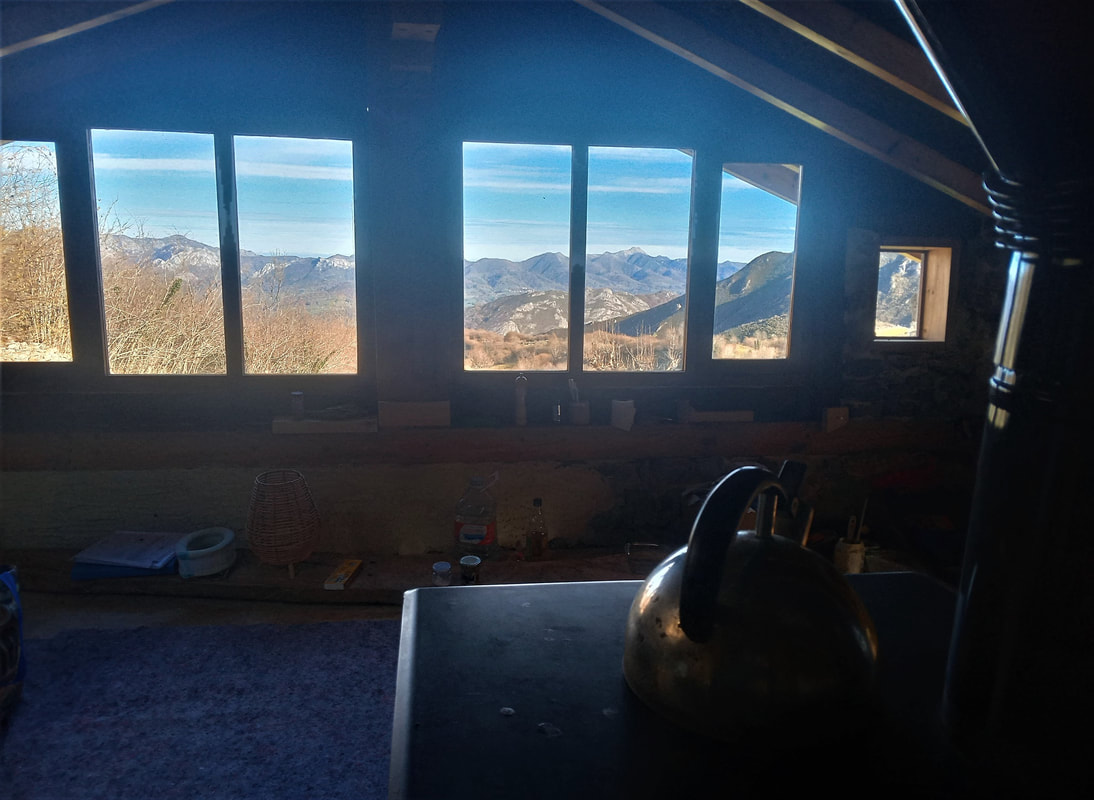
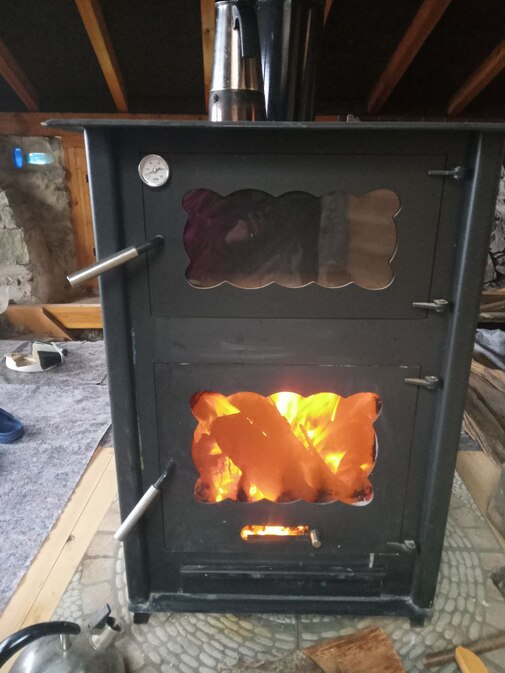
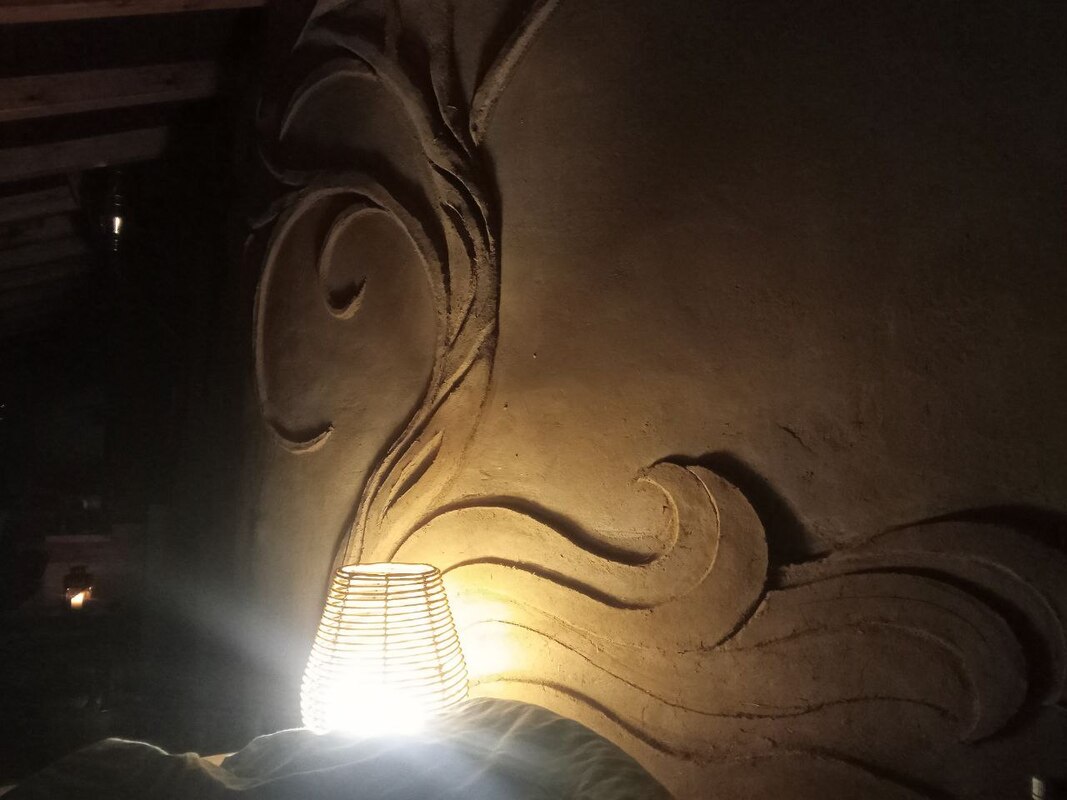
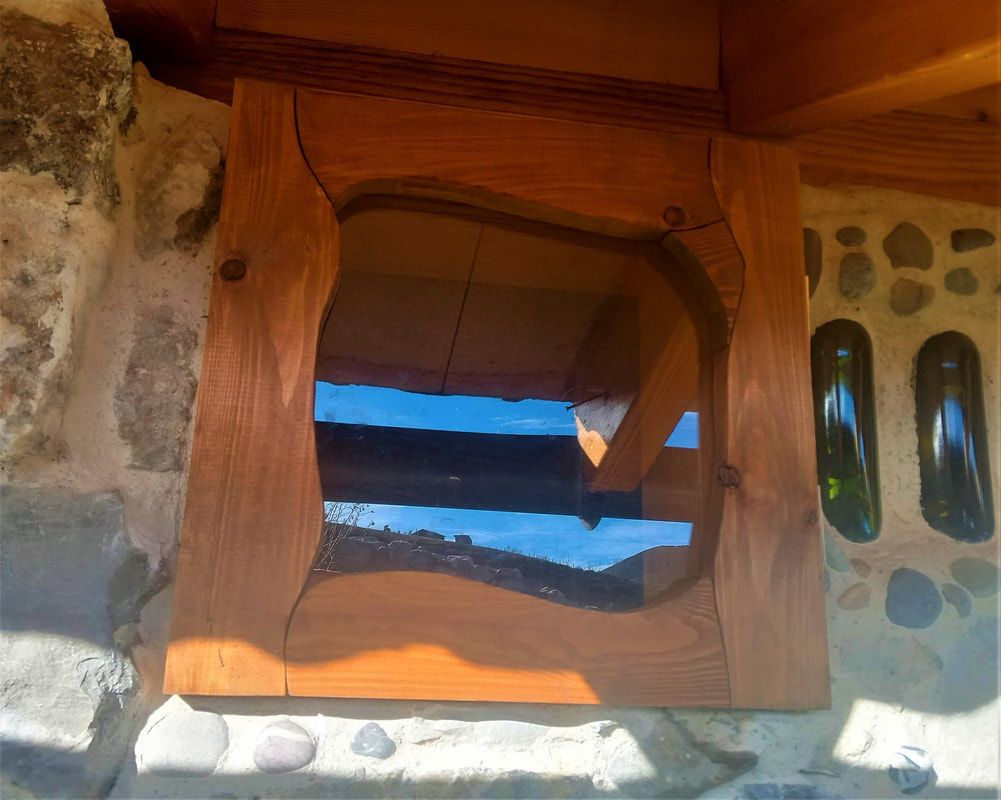
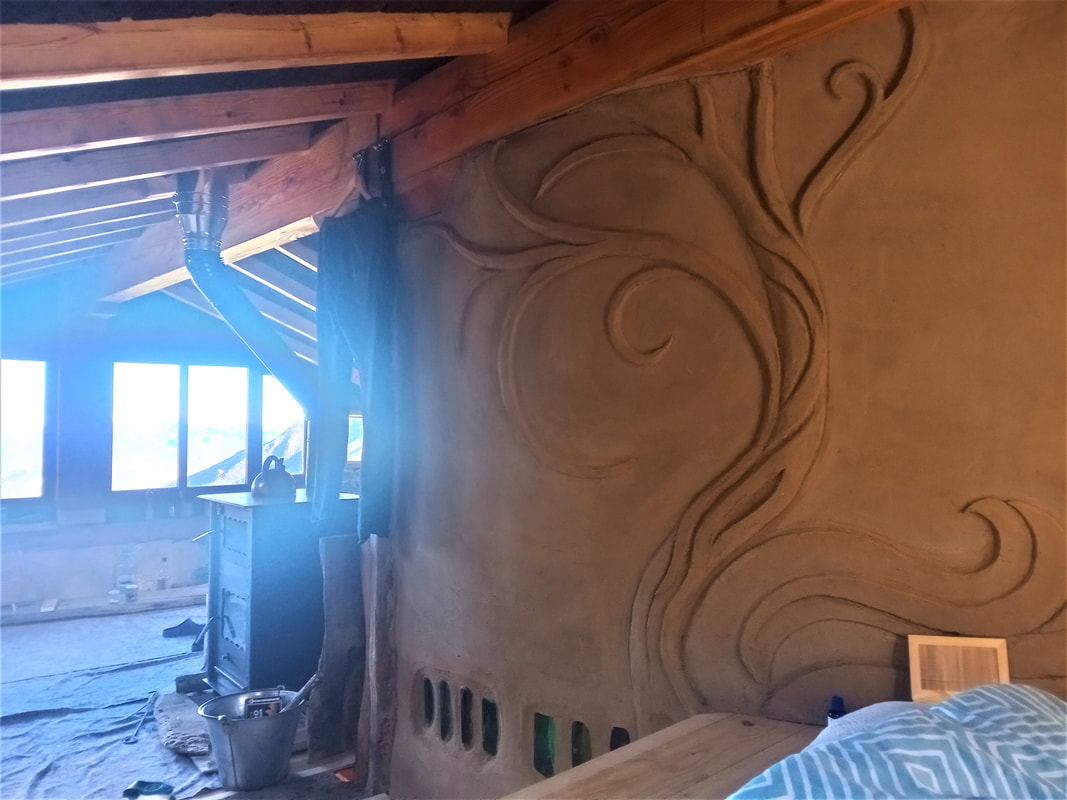
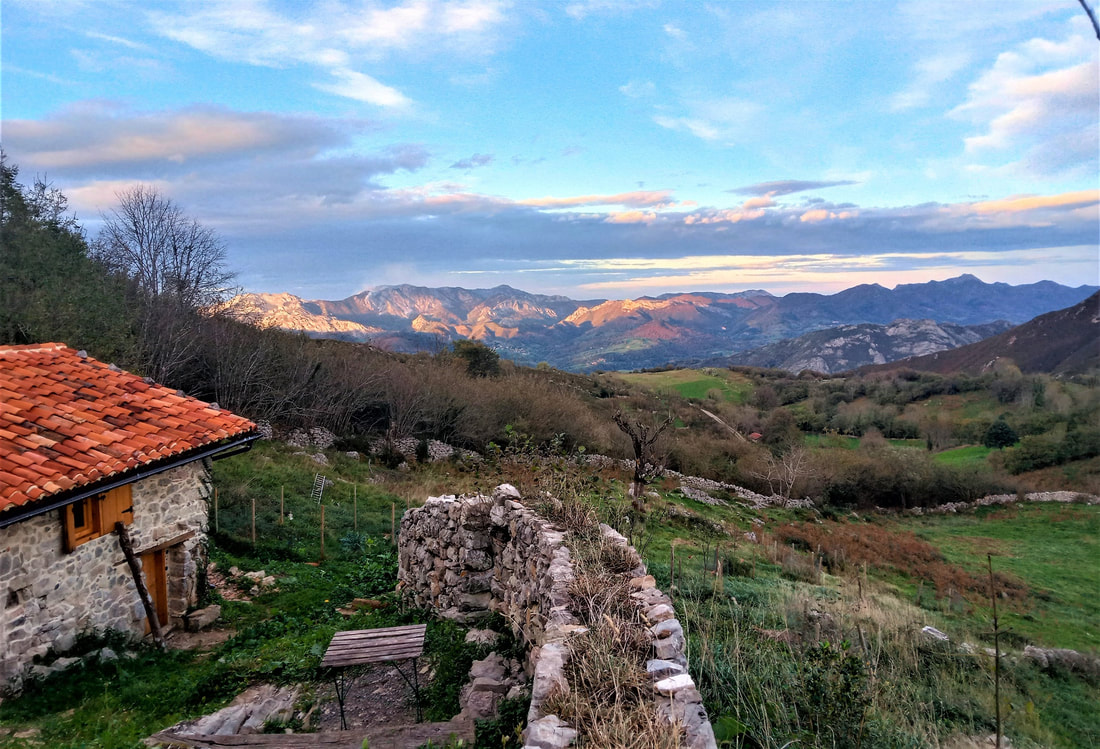
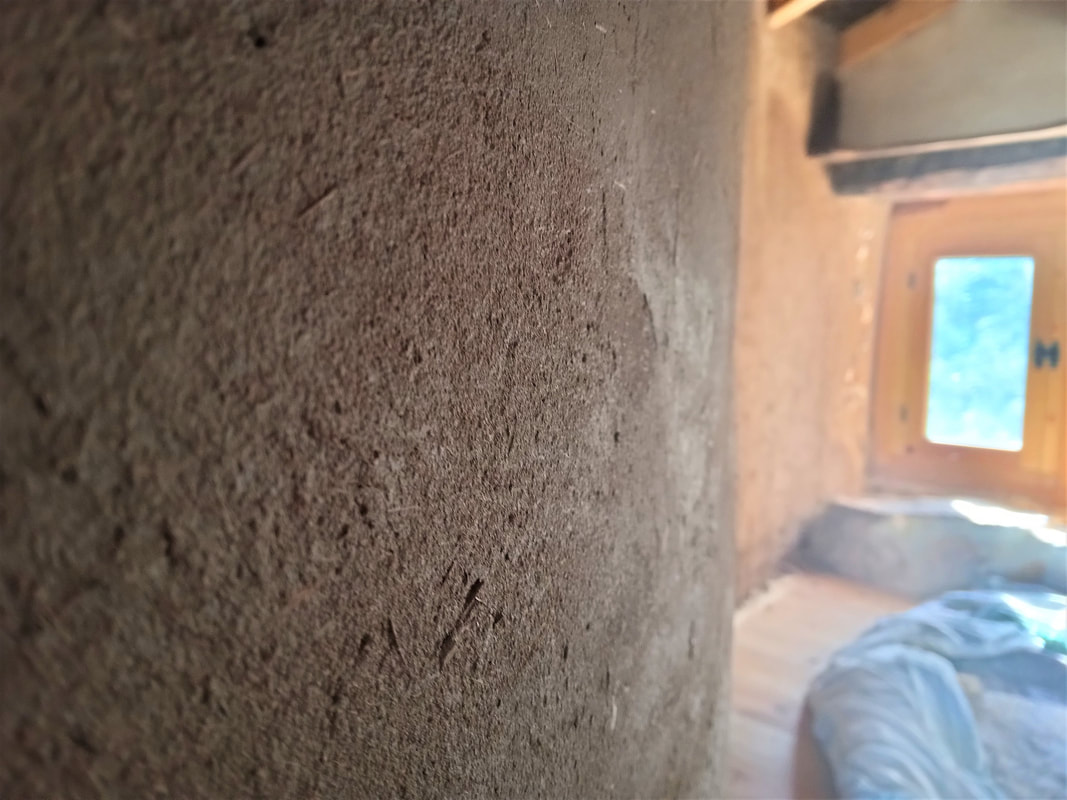
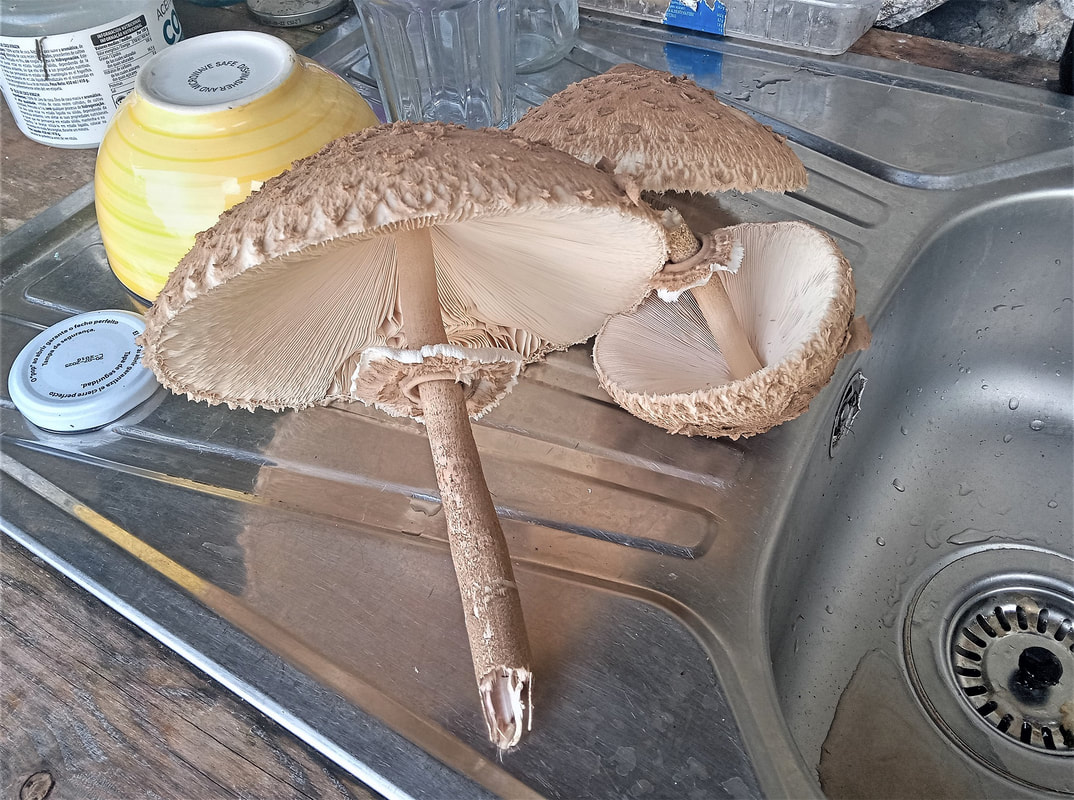
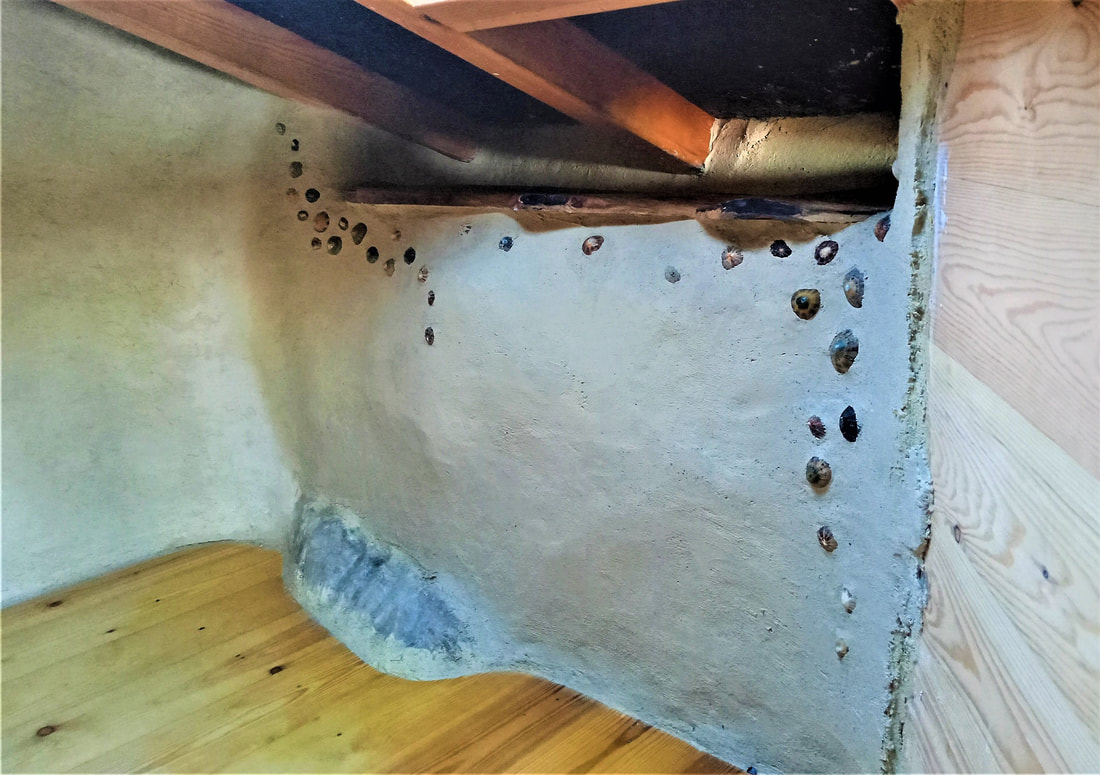
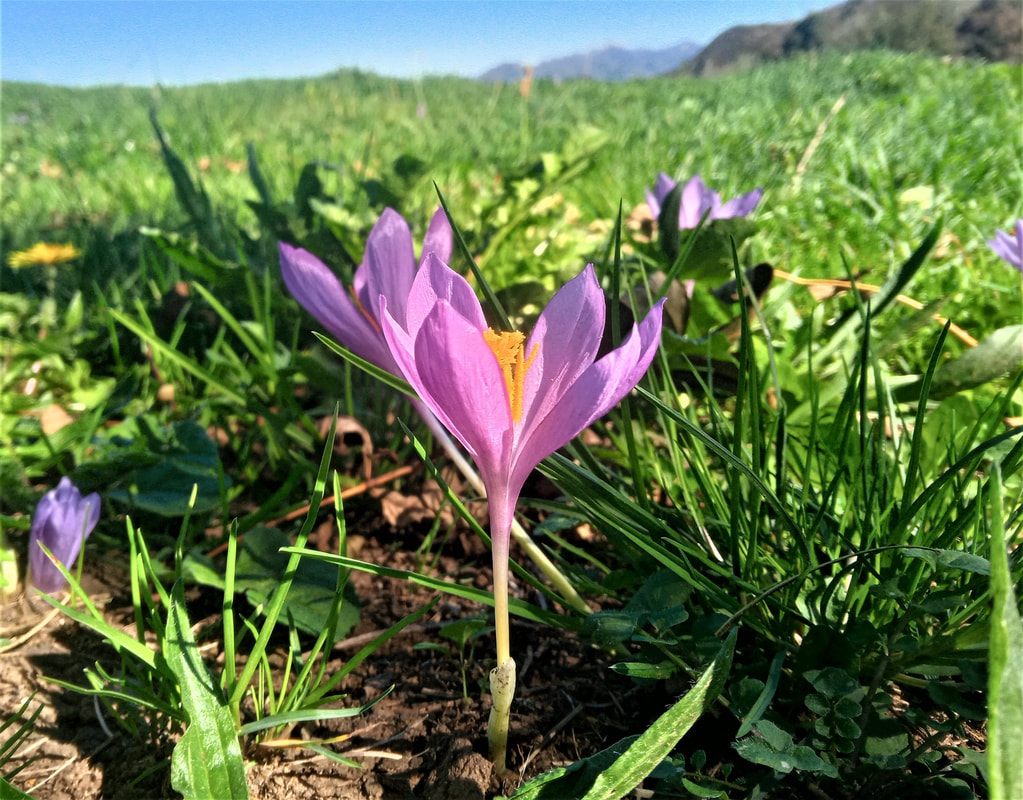
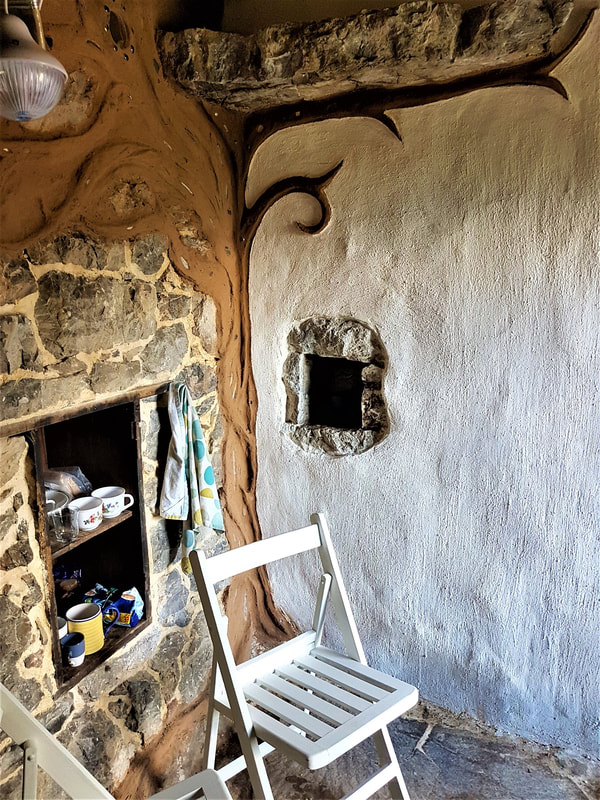
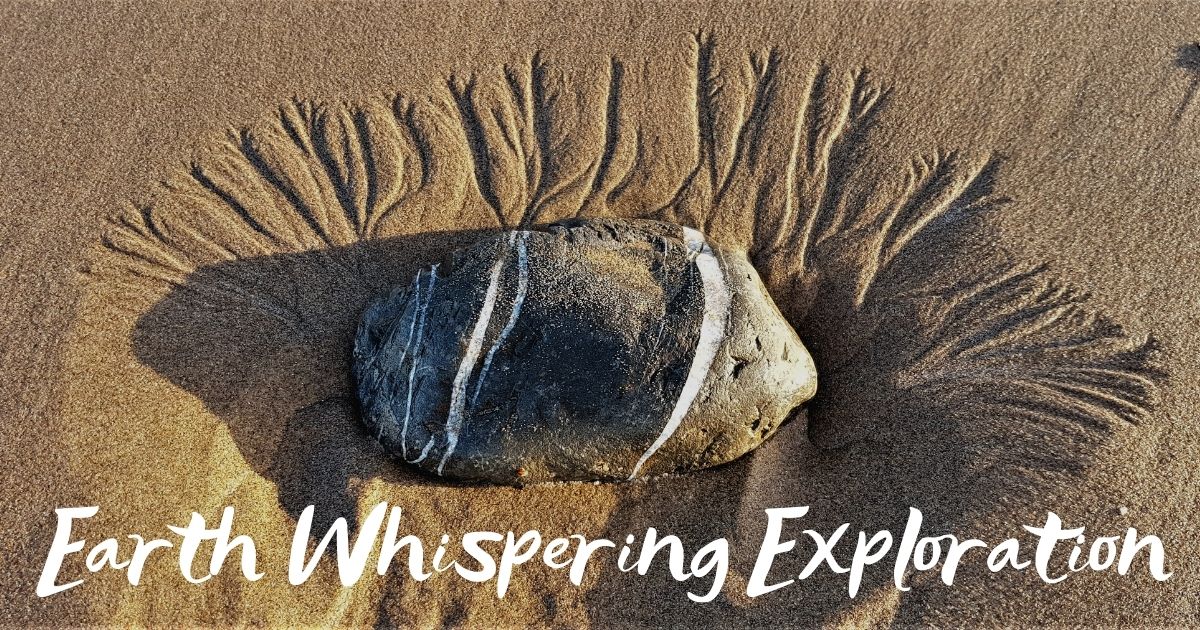
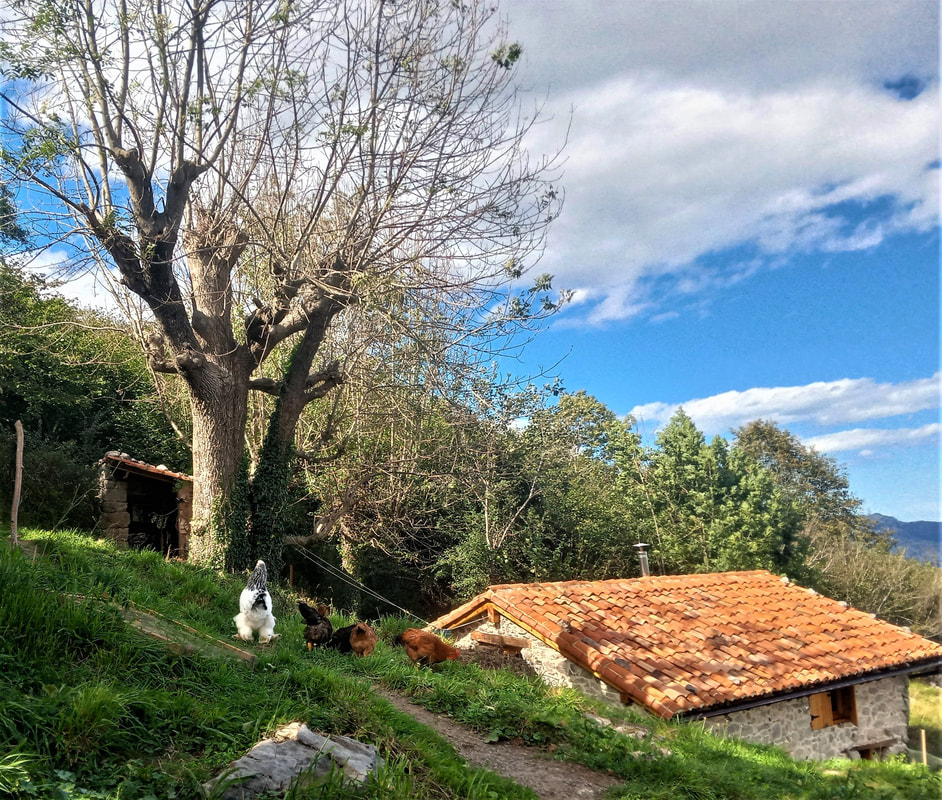
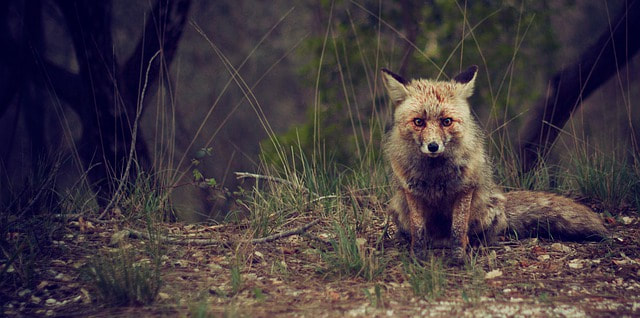
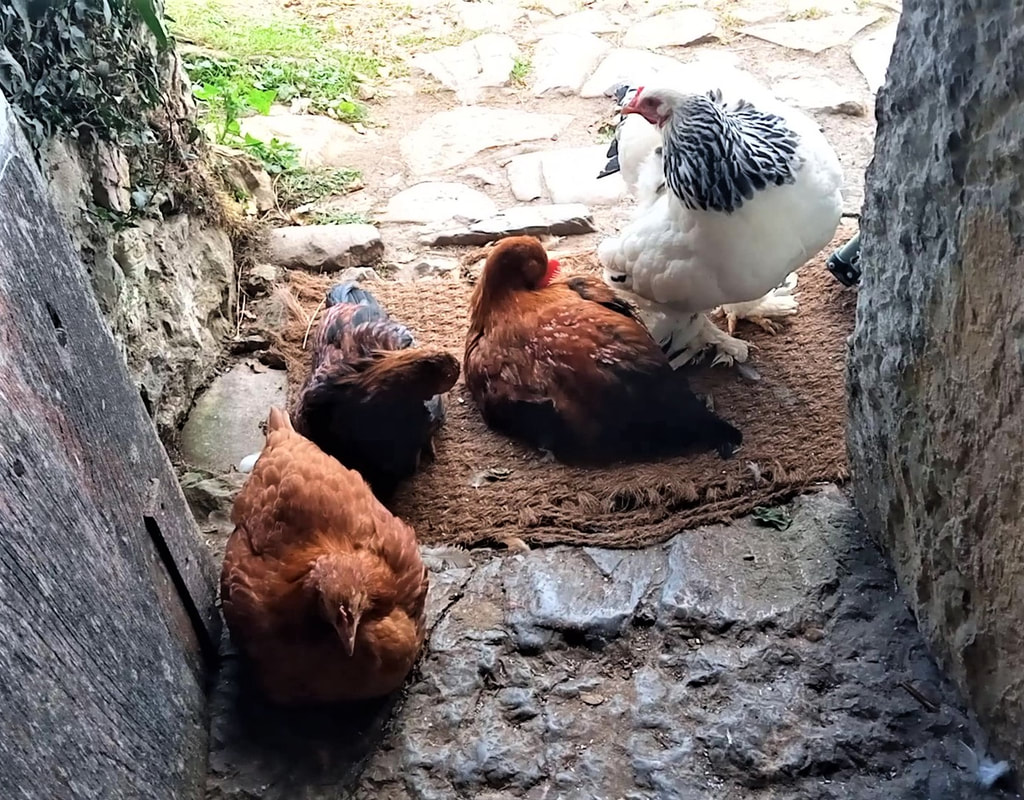
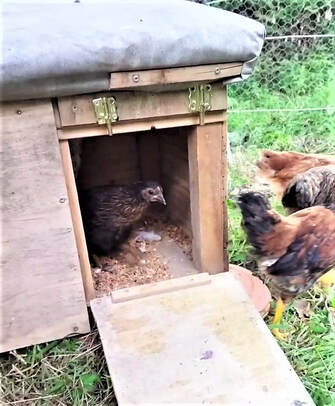
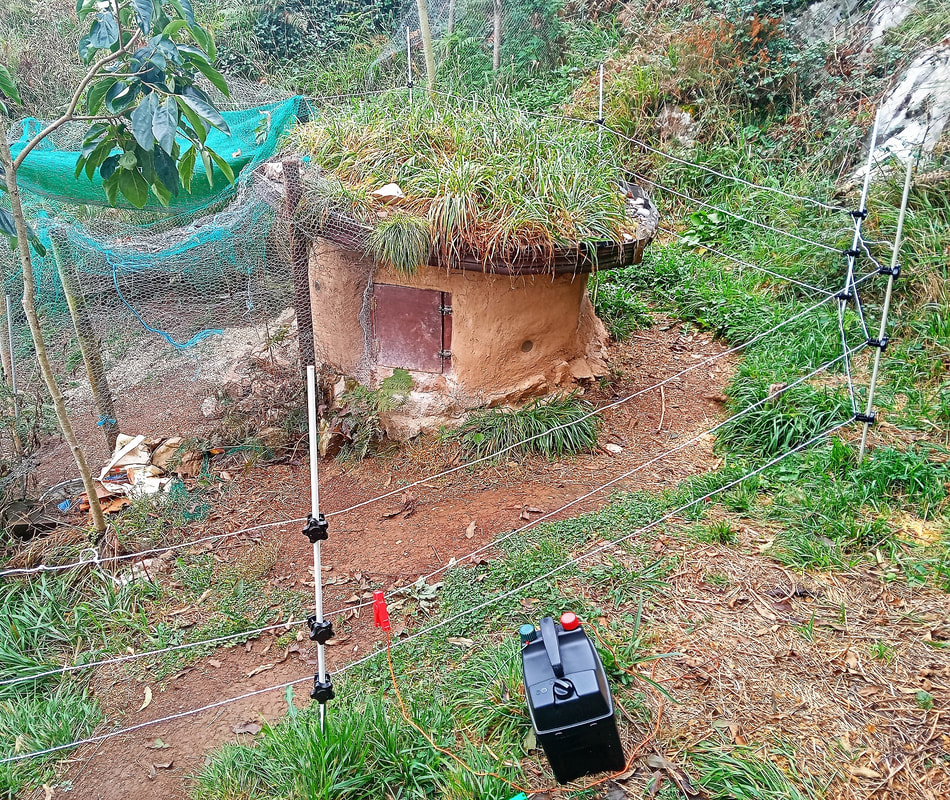
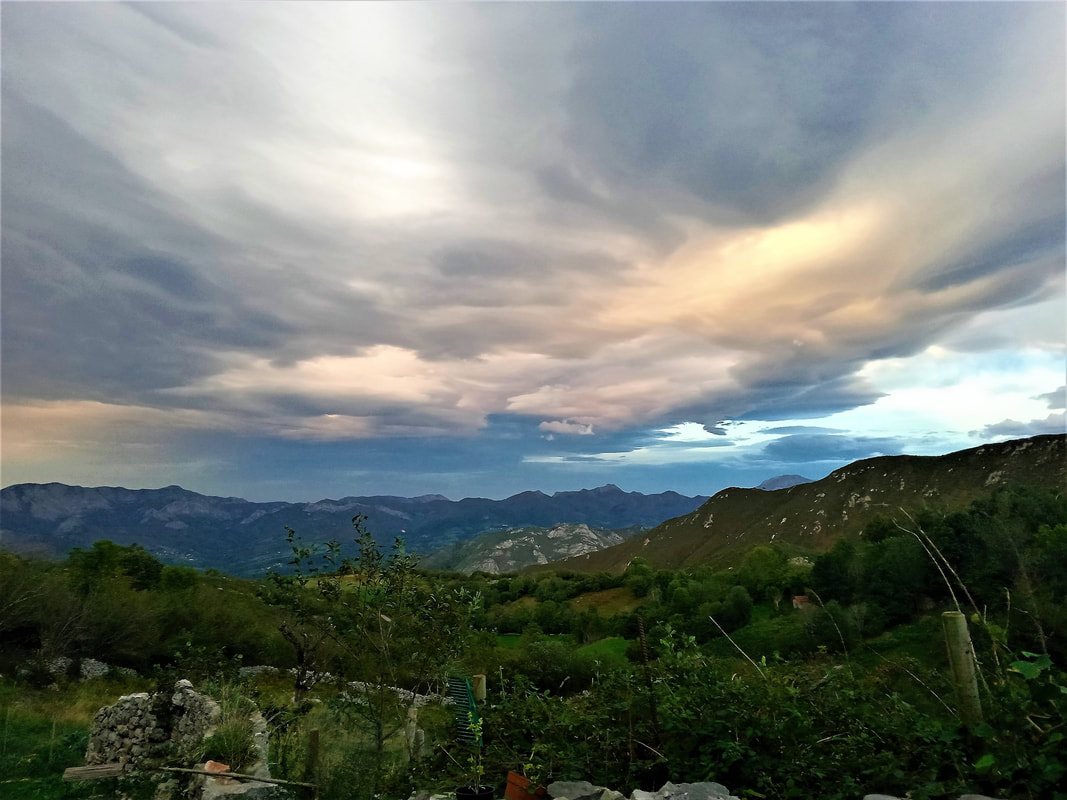
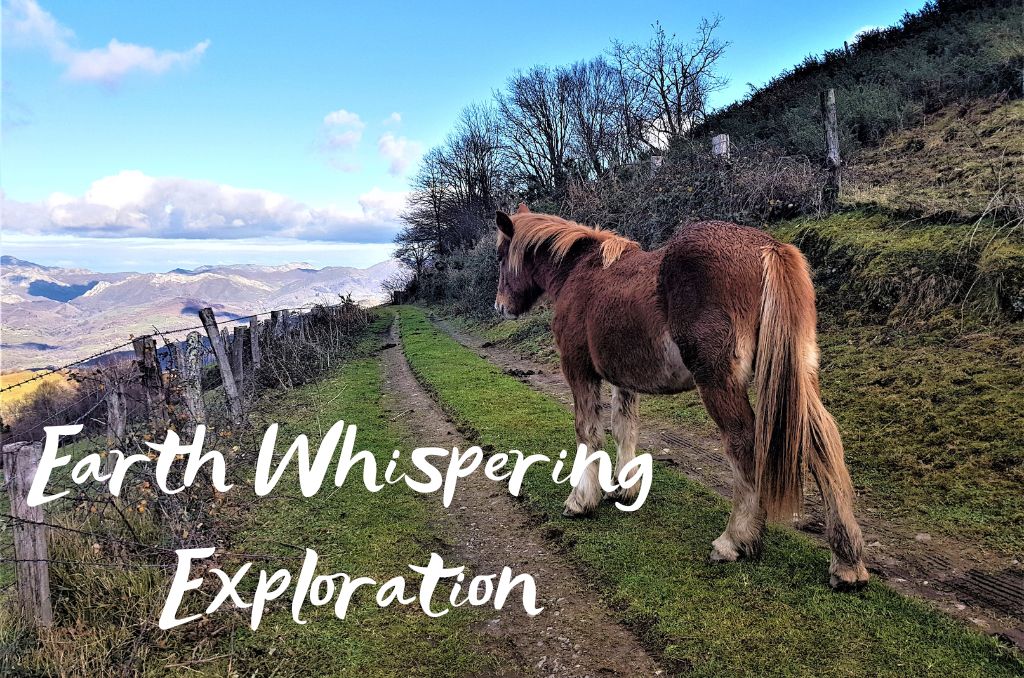
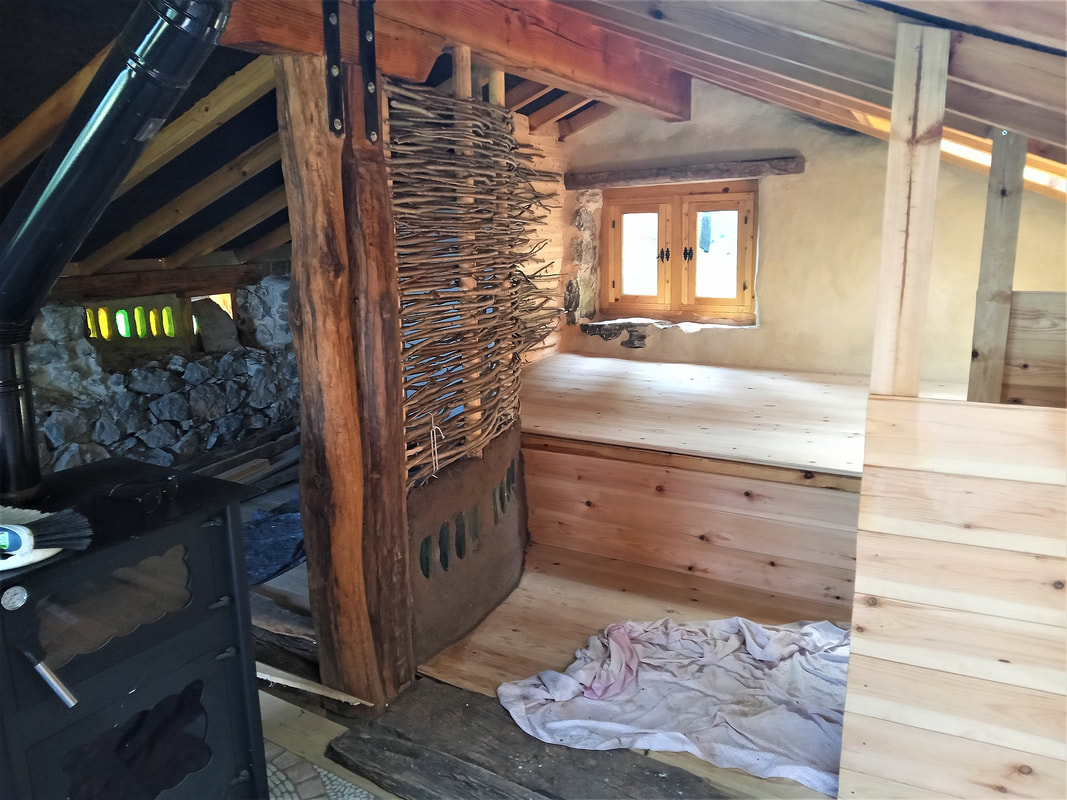
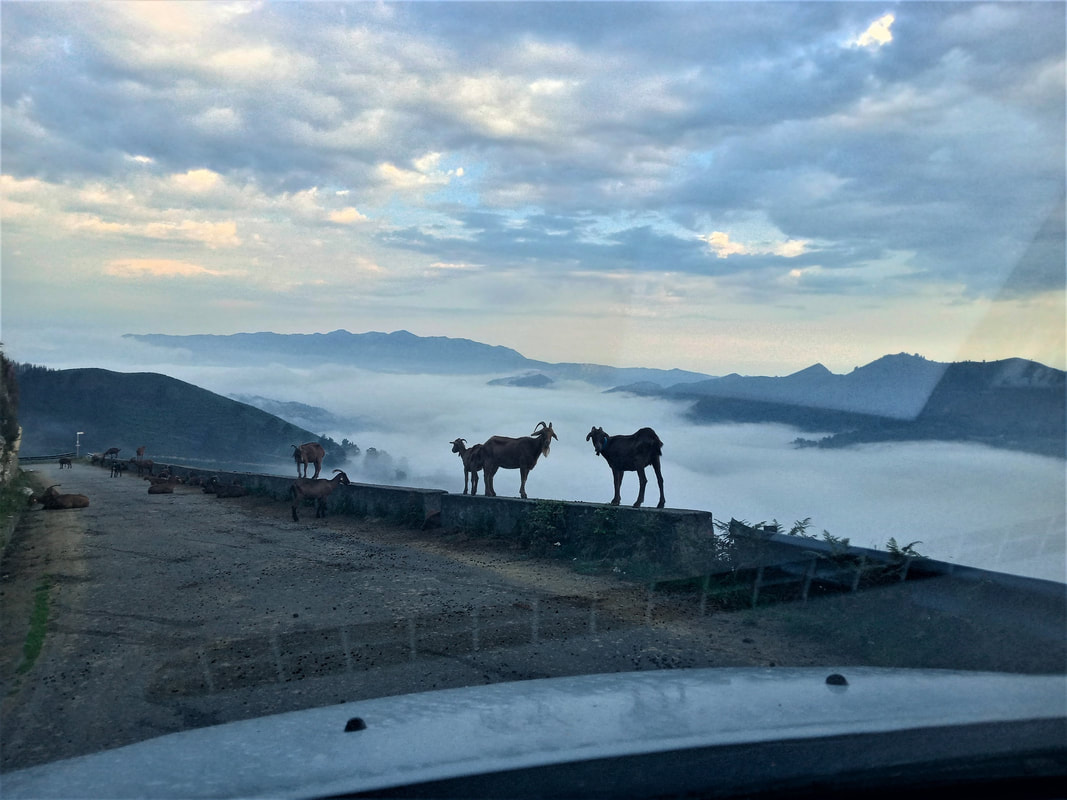
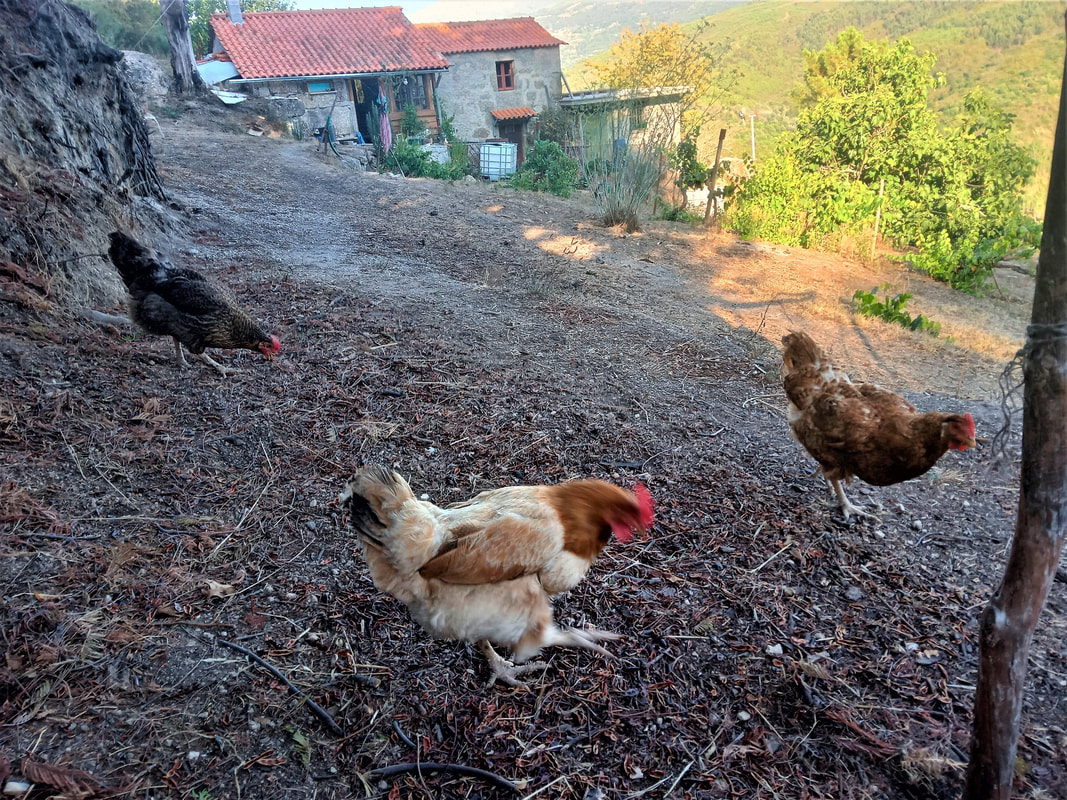
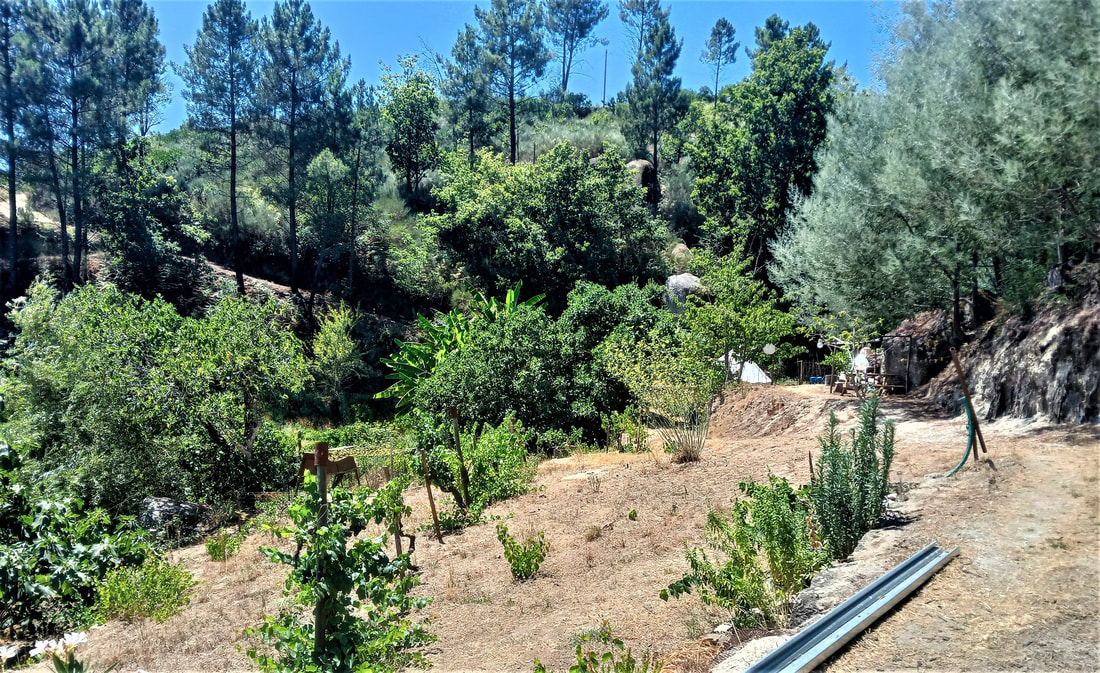
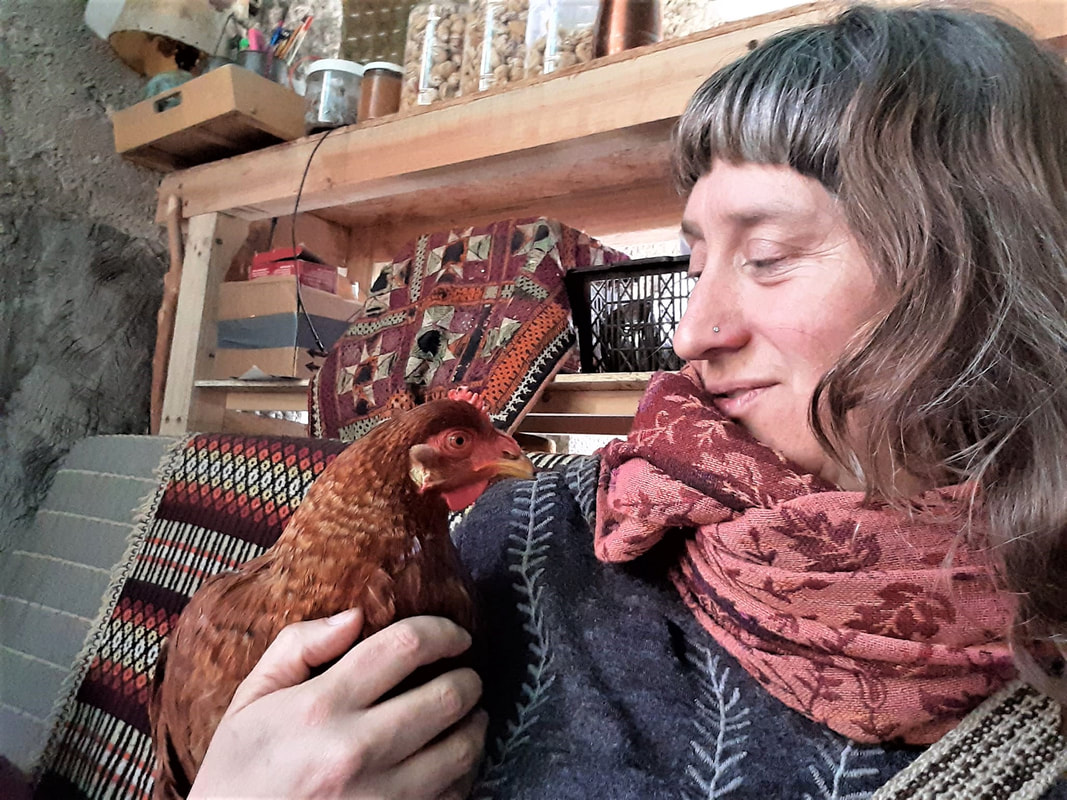
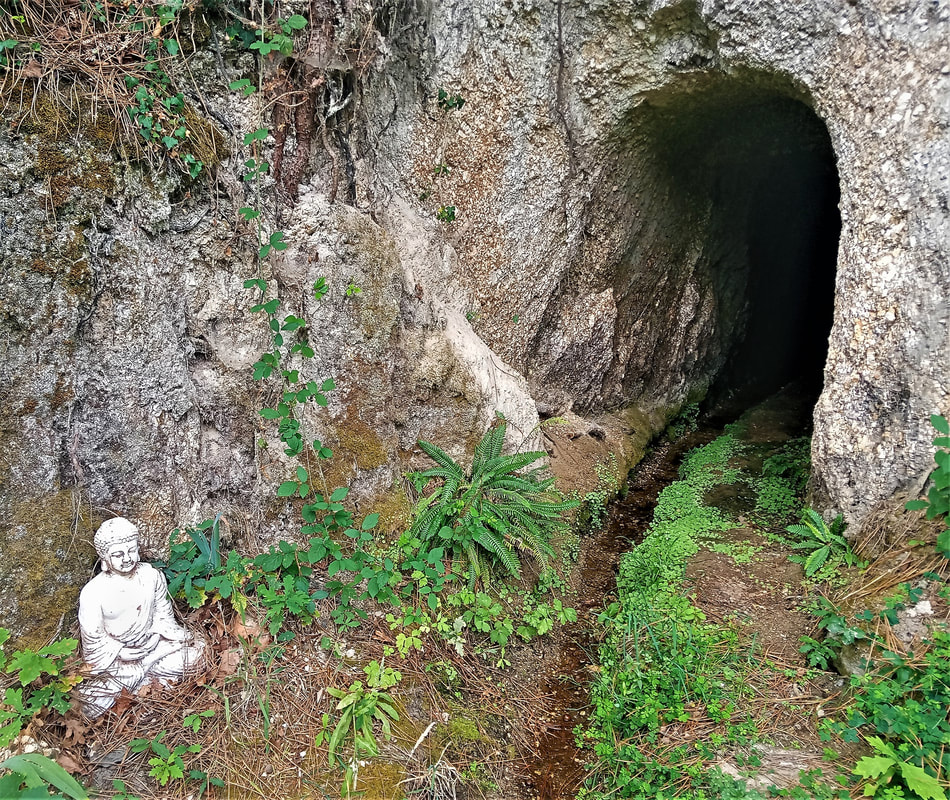
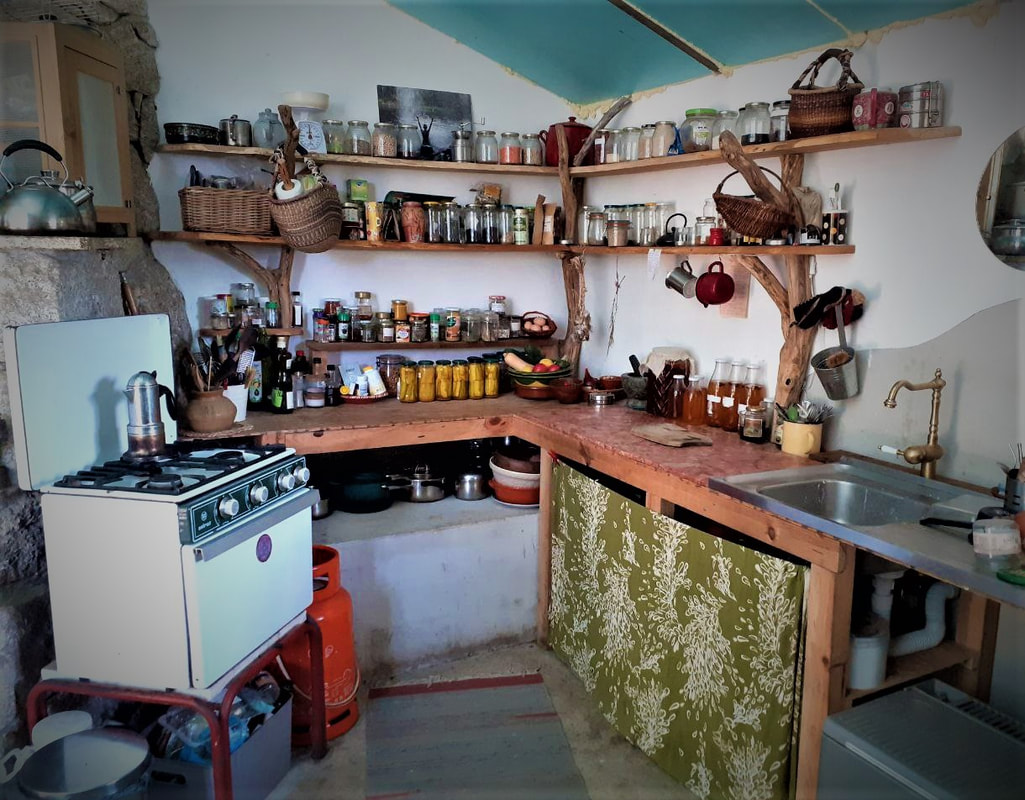
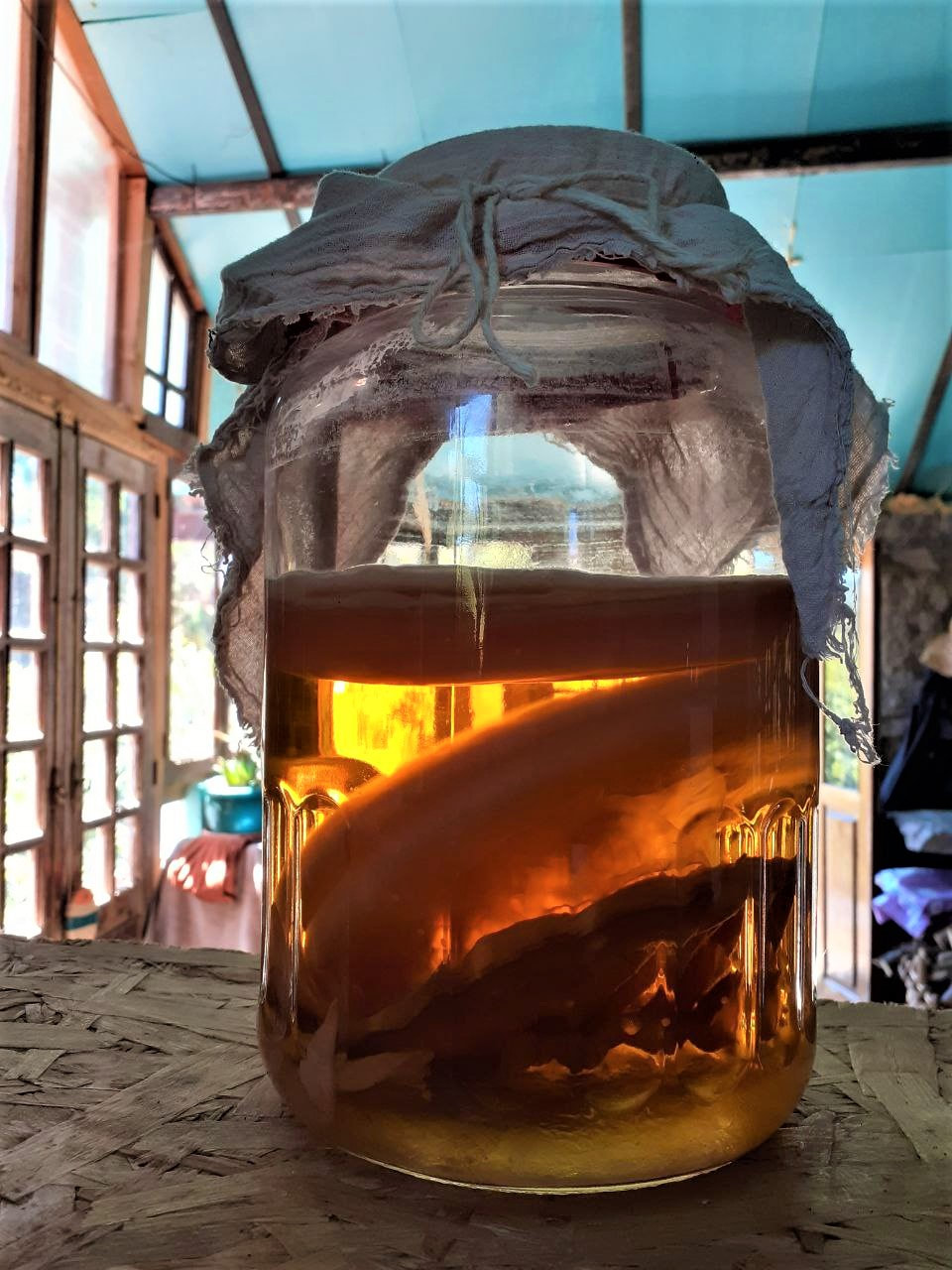
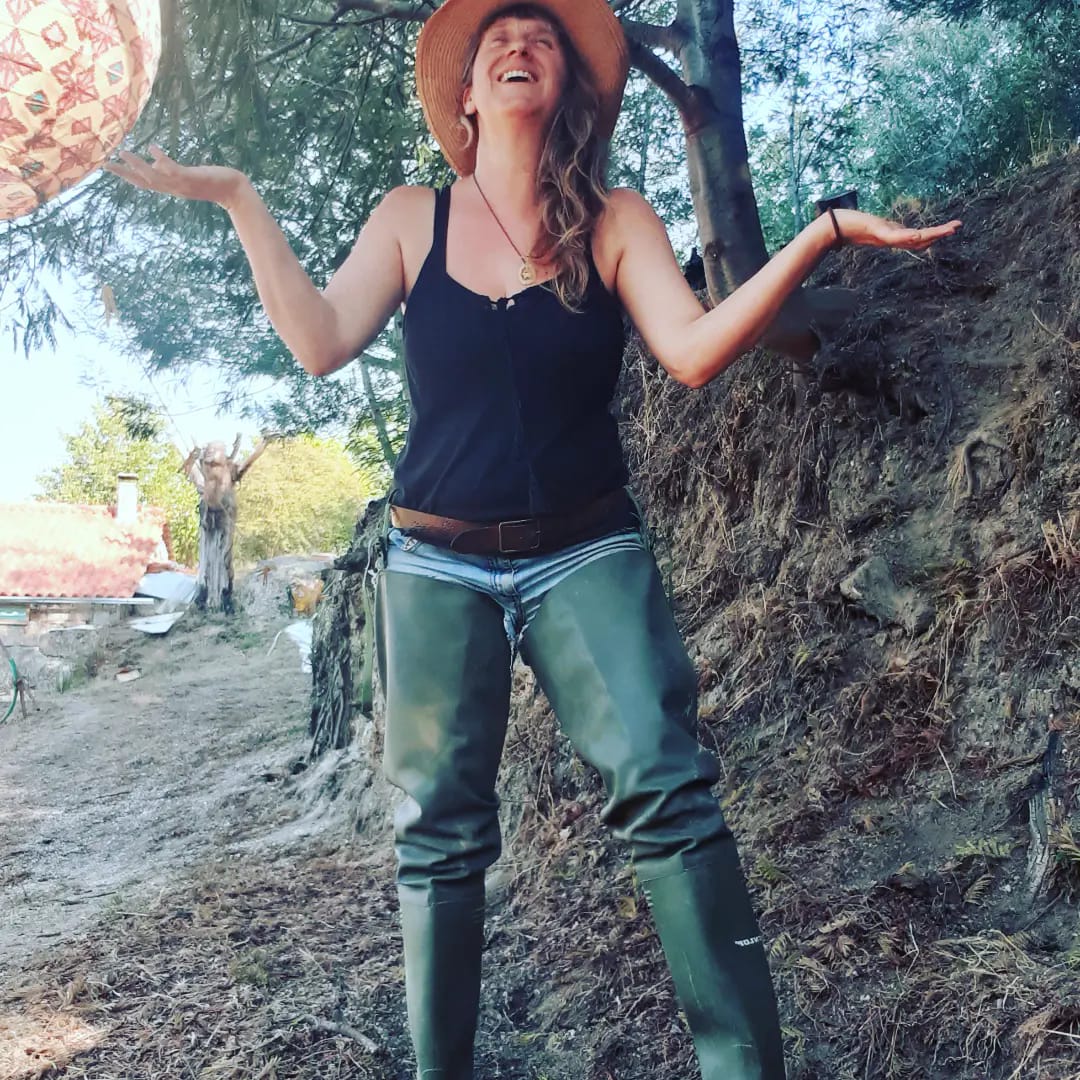
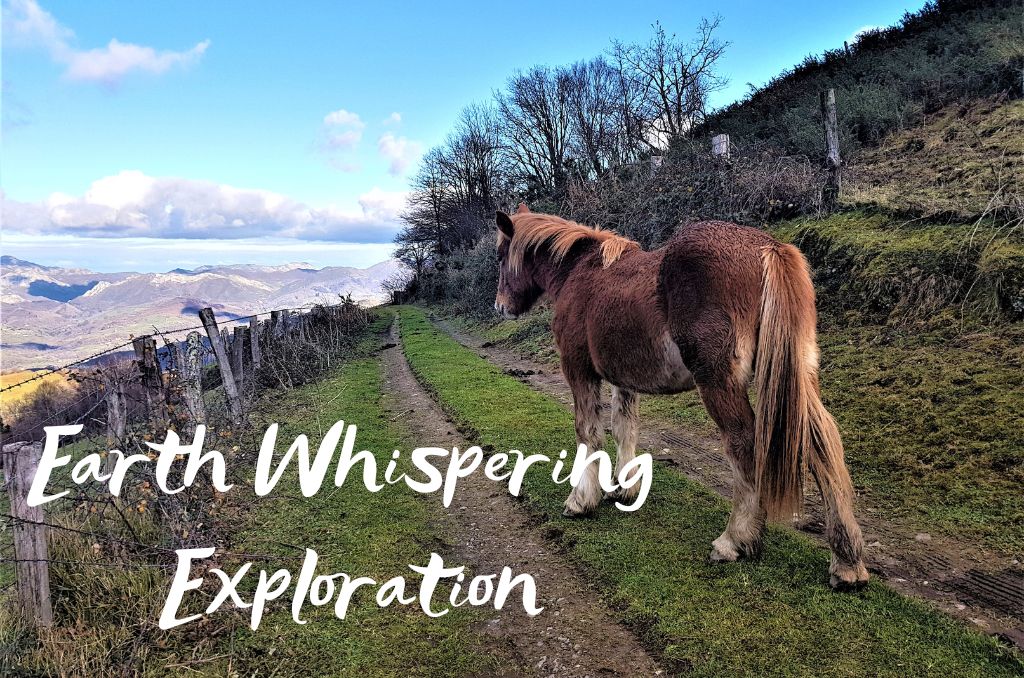
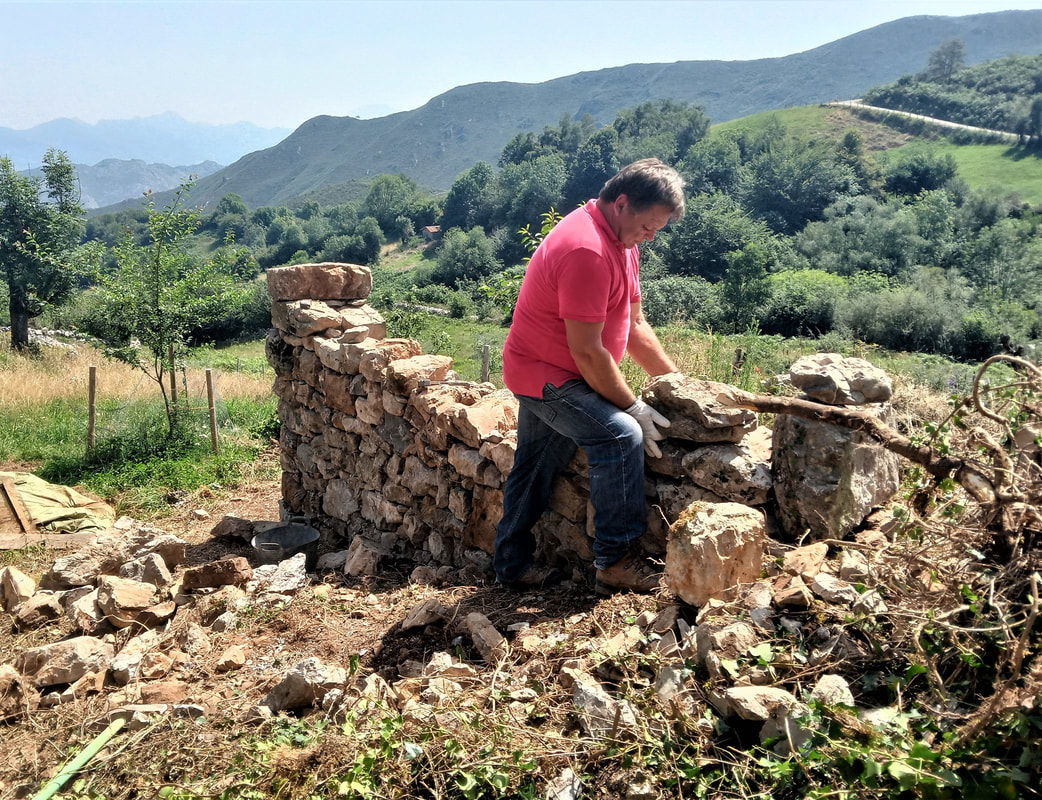
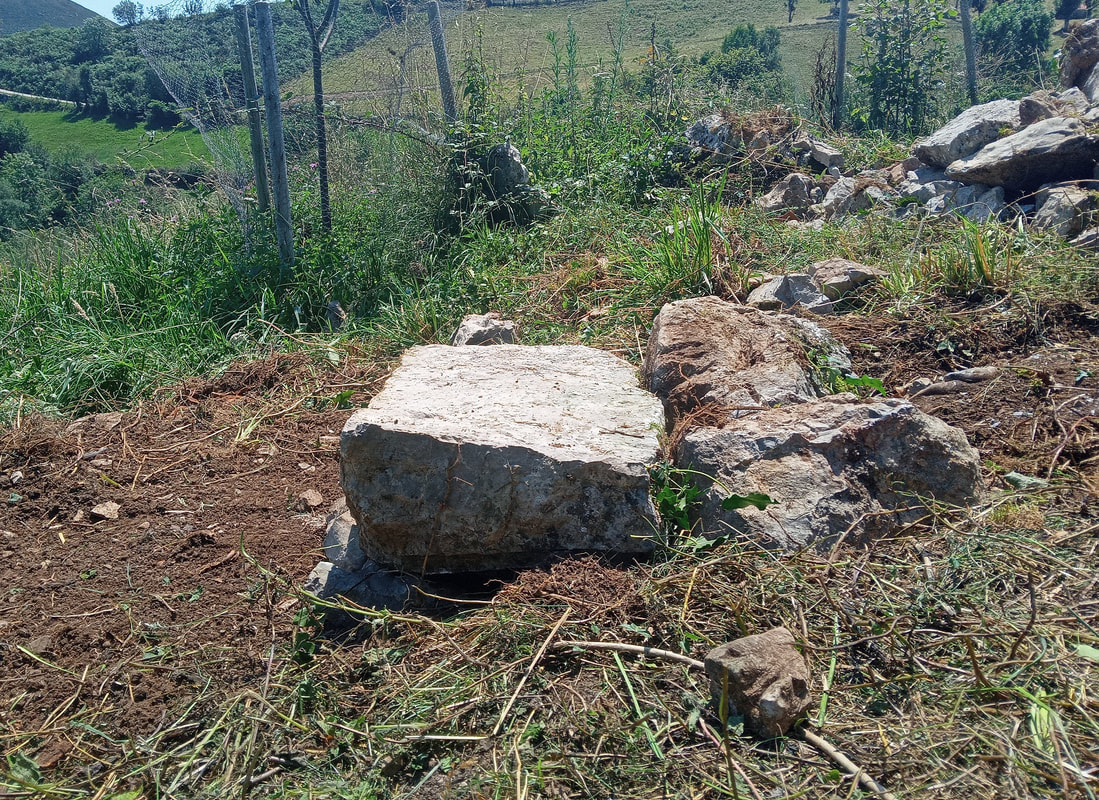
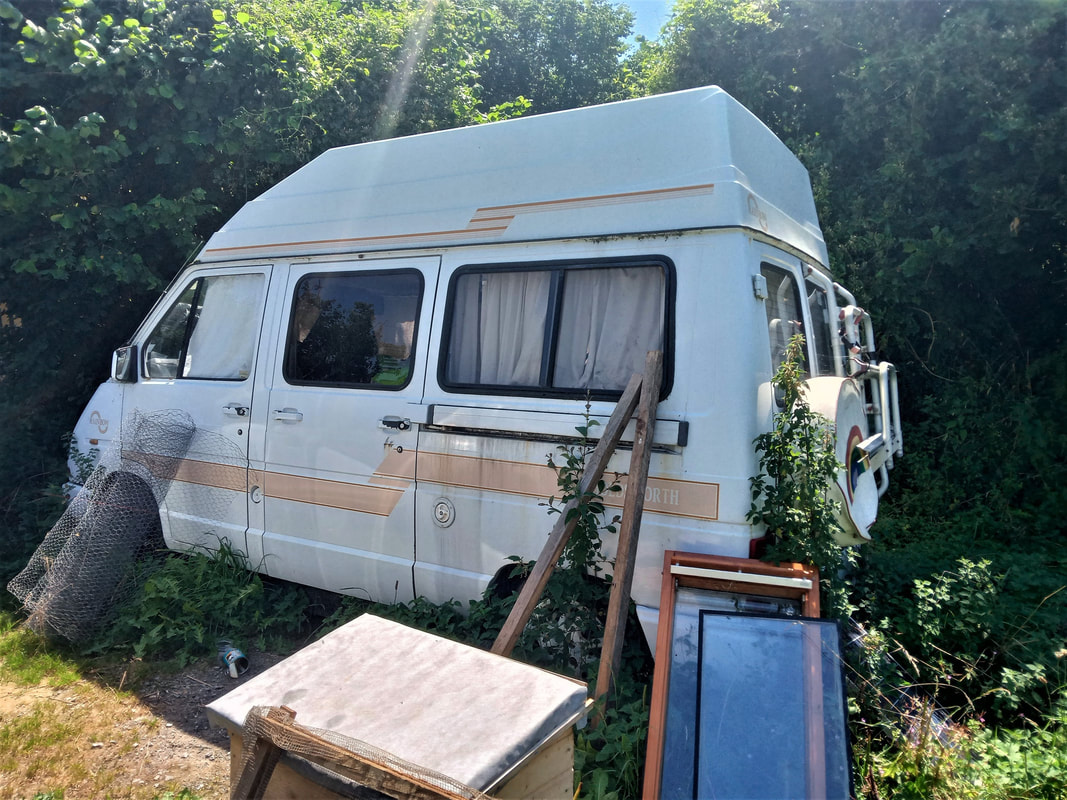
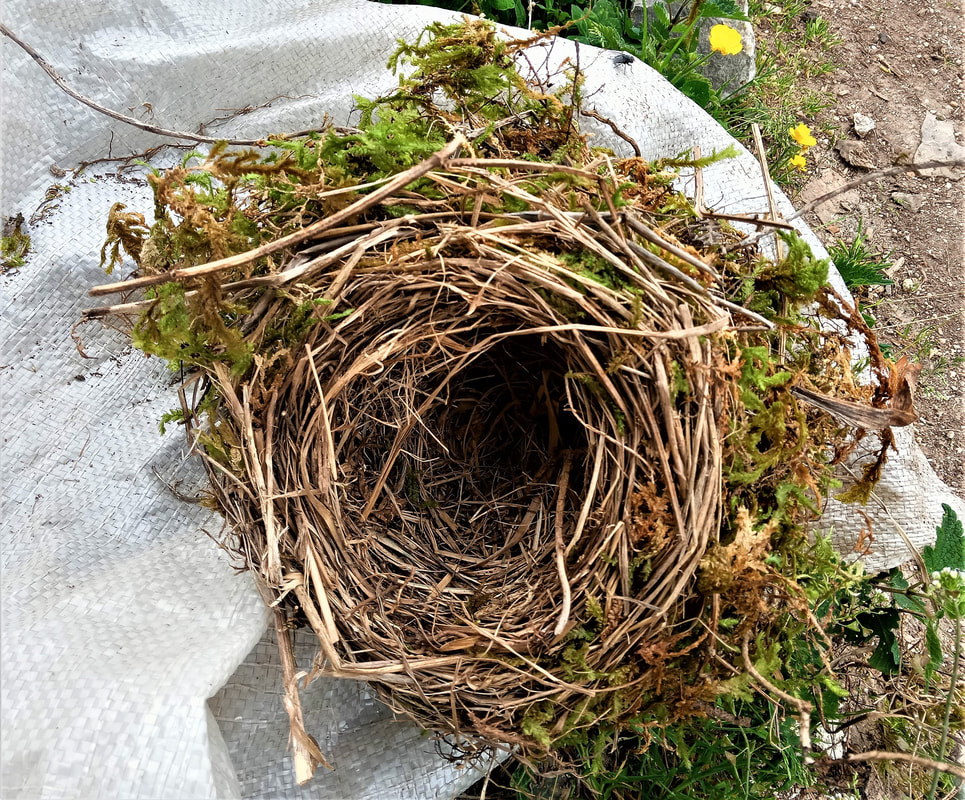
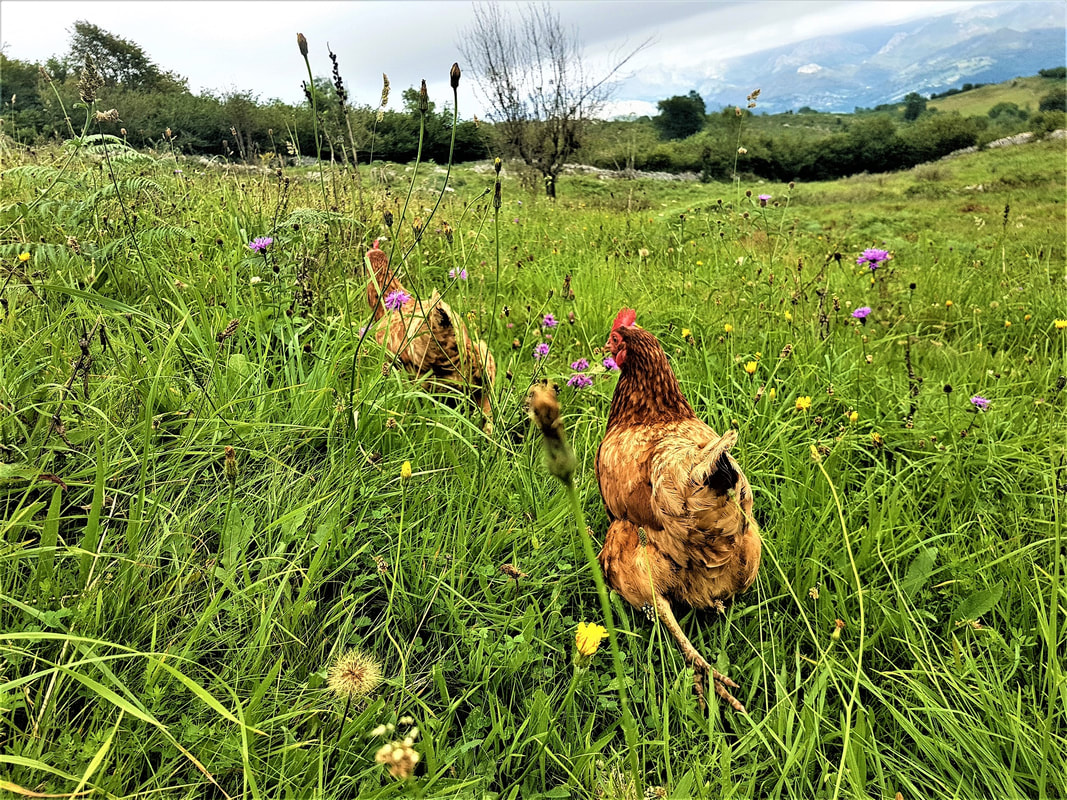
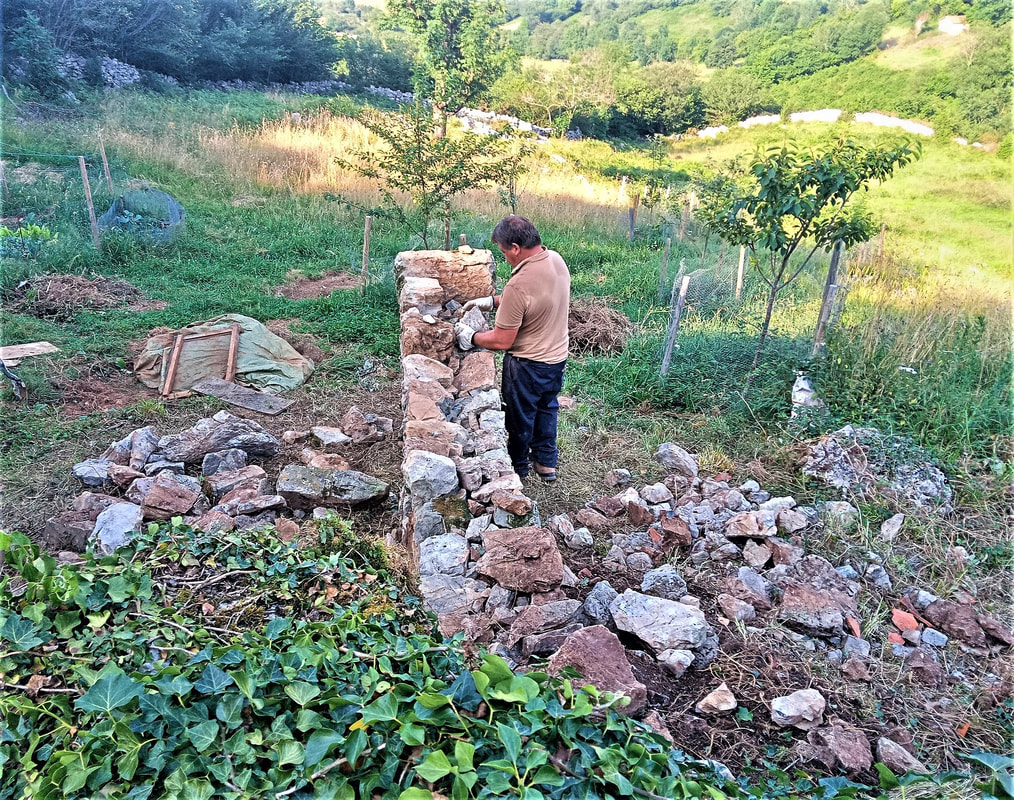

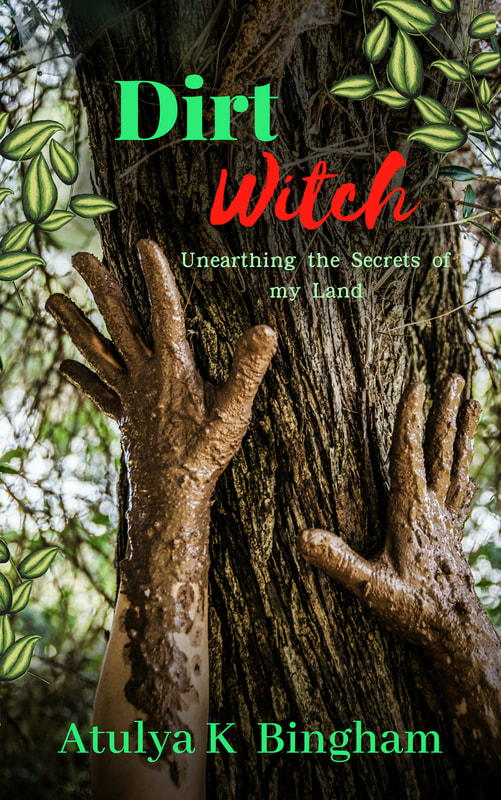
 RSS Feed
RSS Feed
